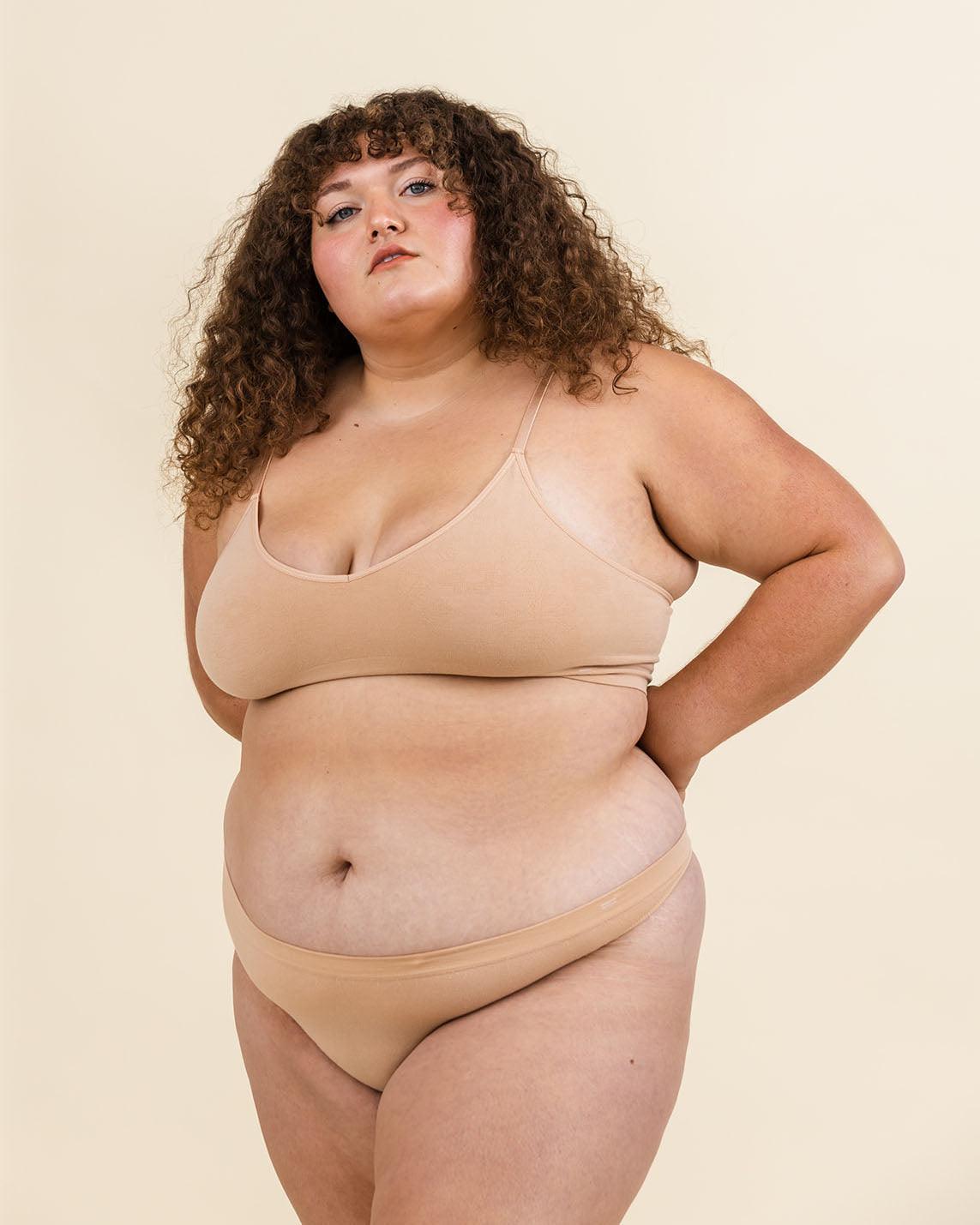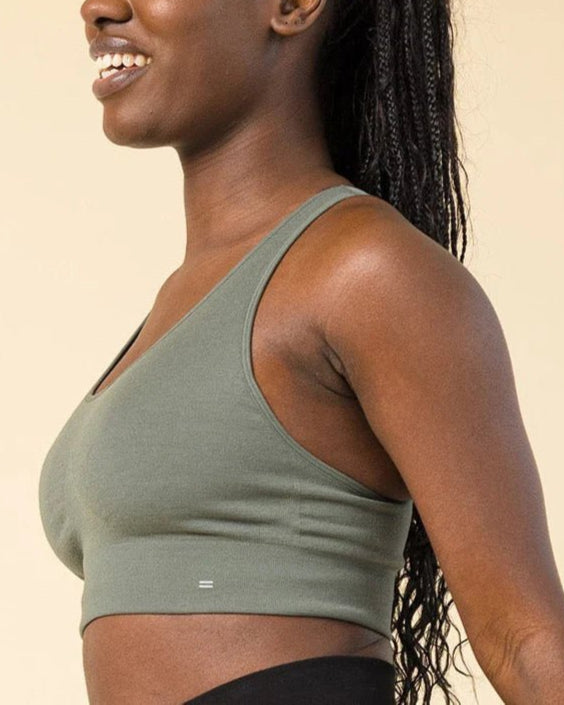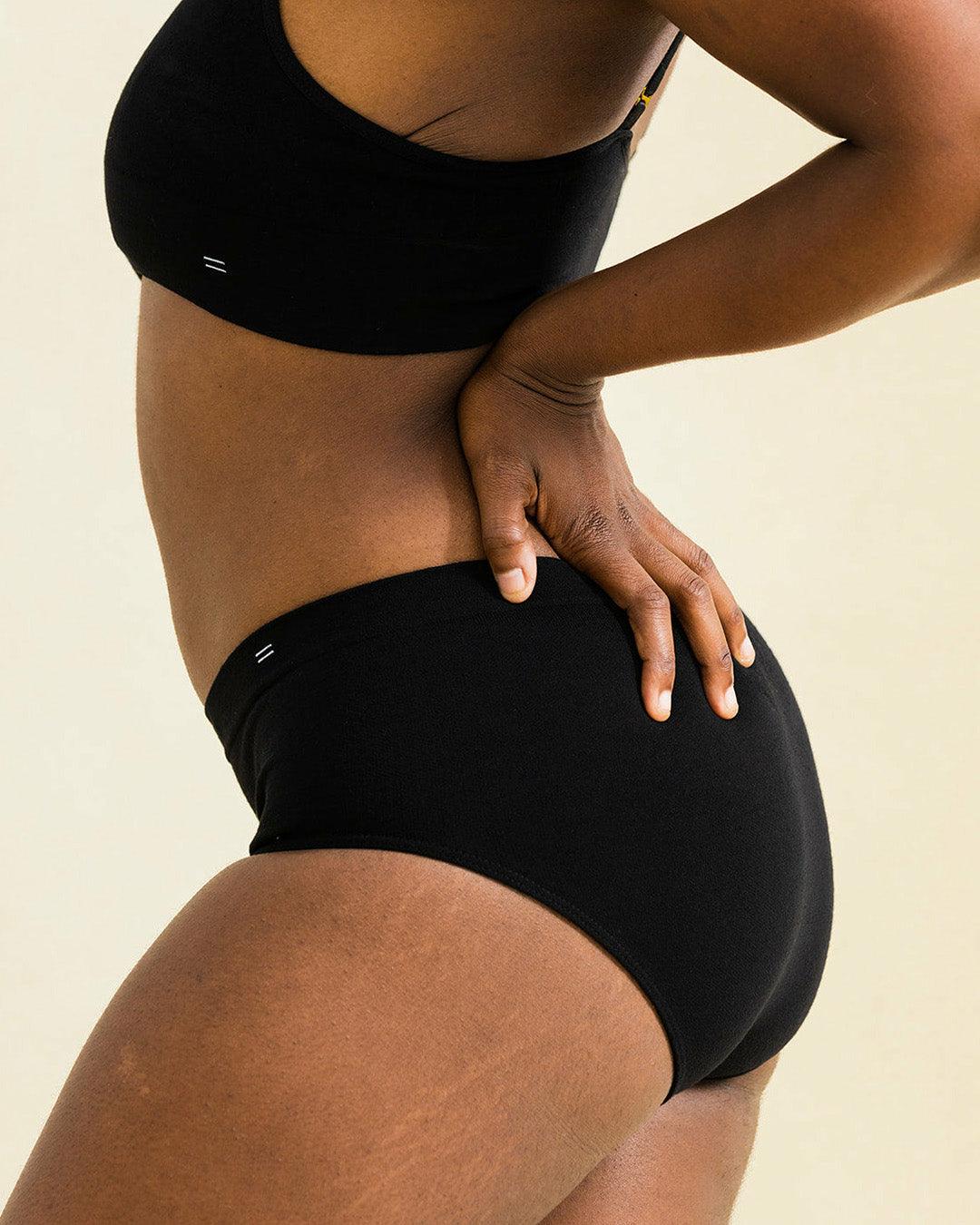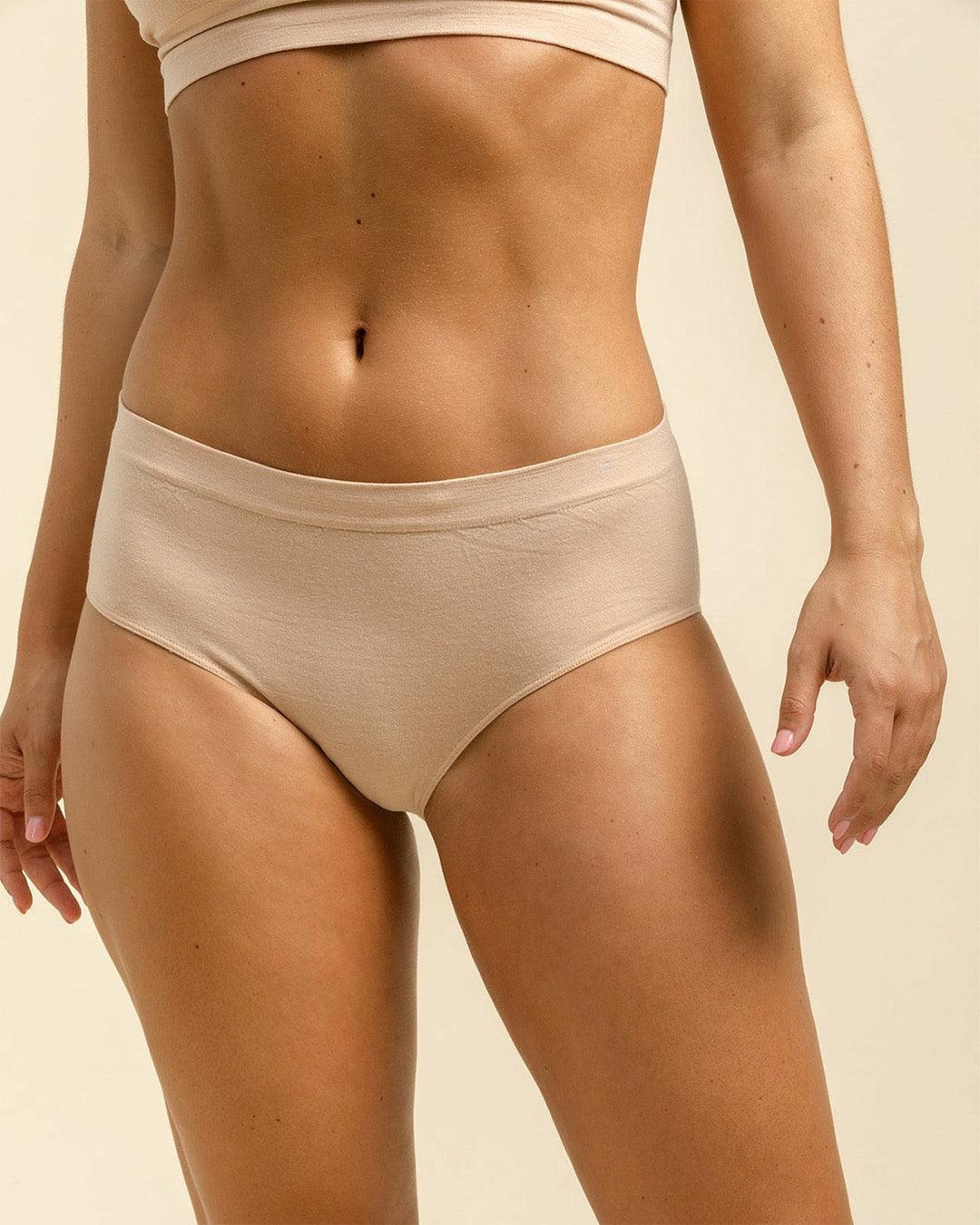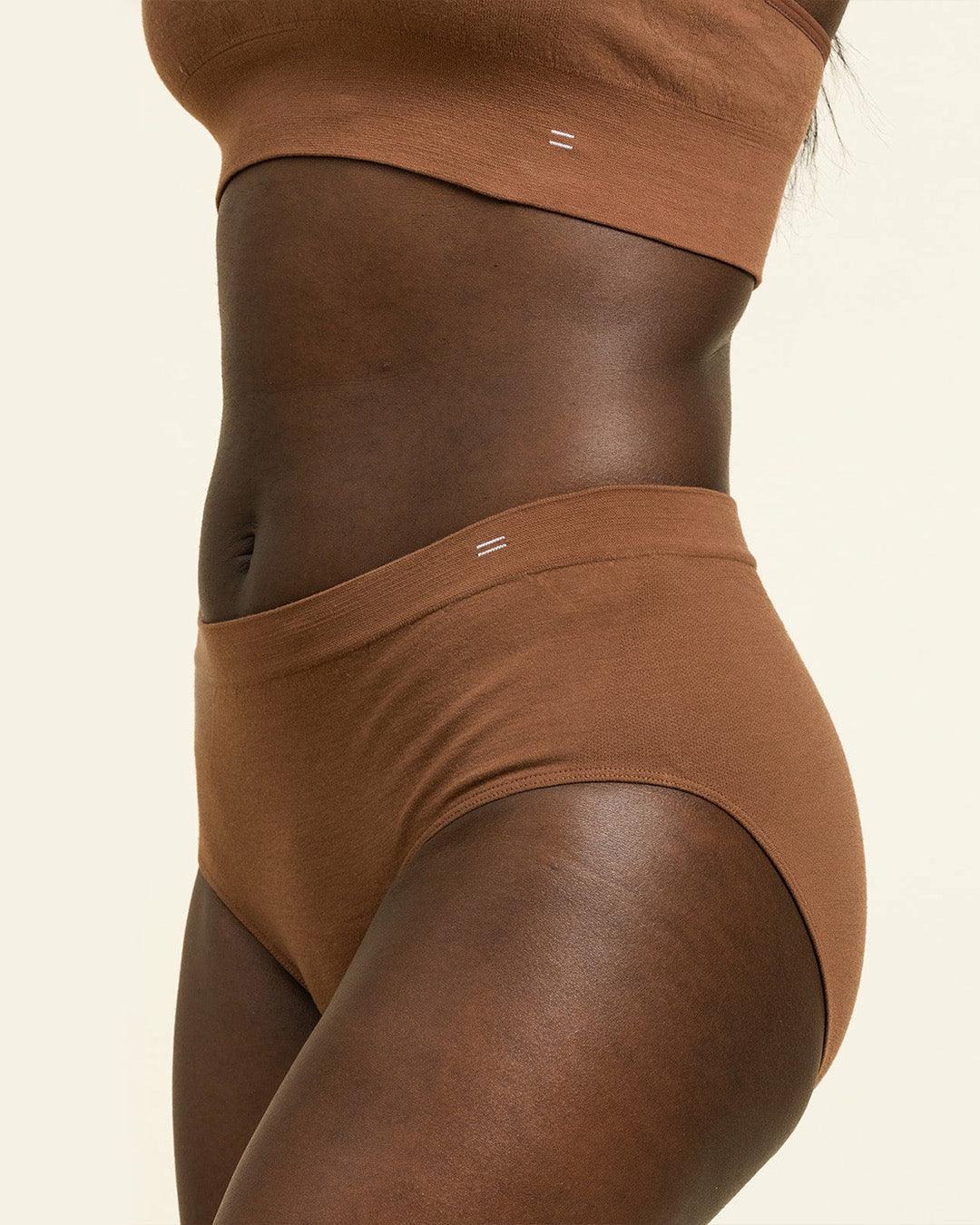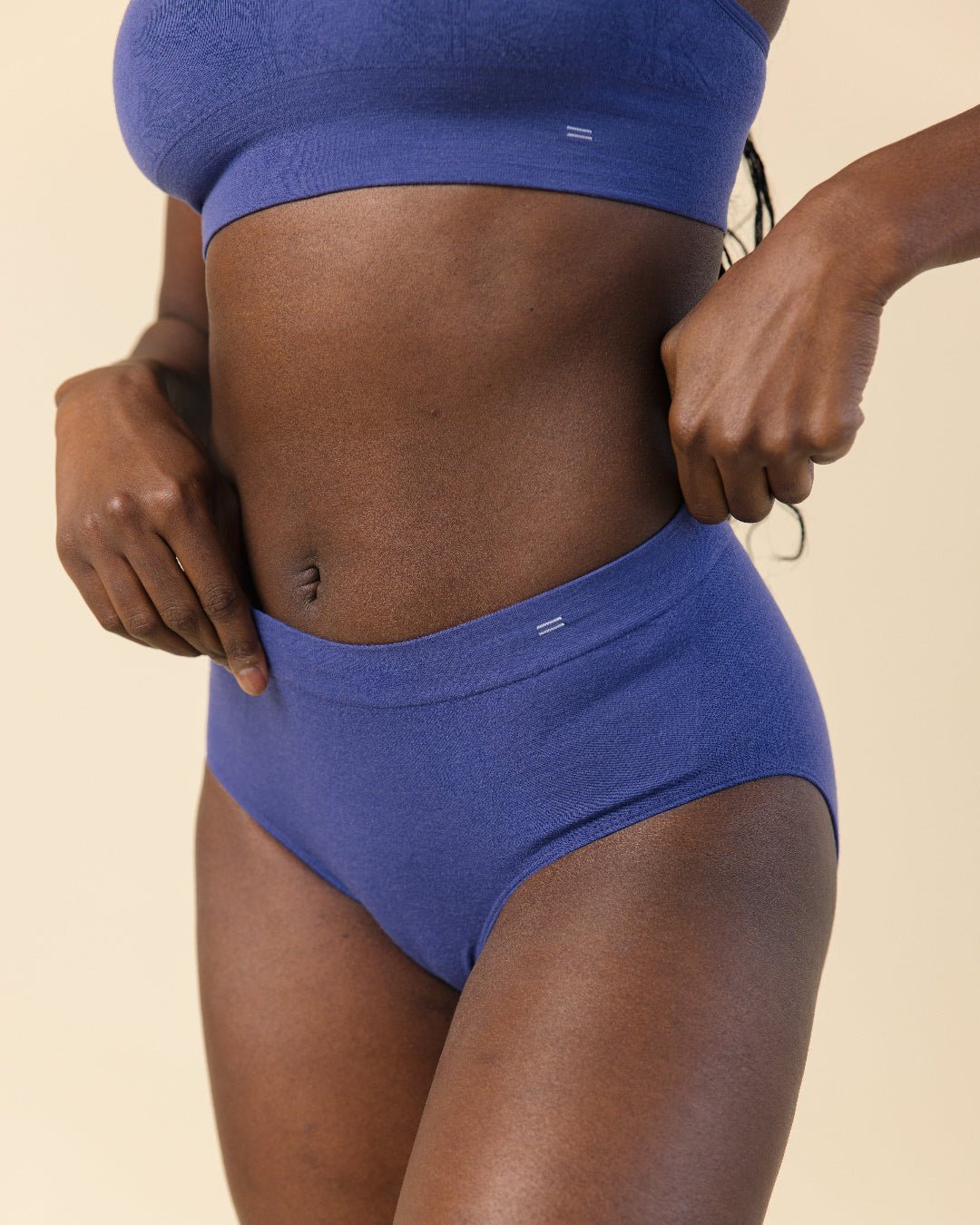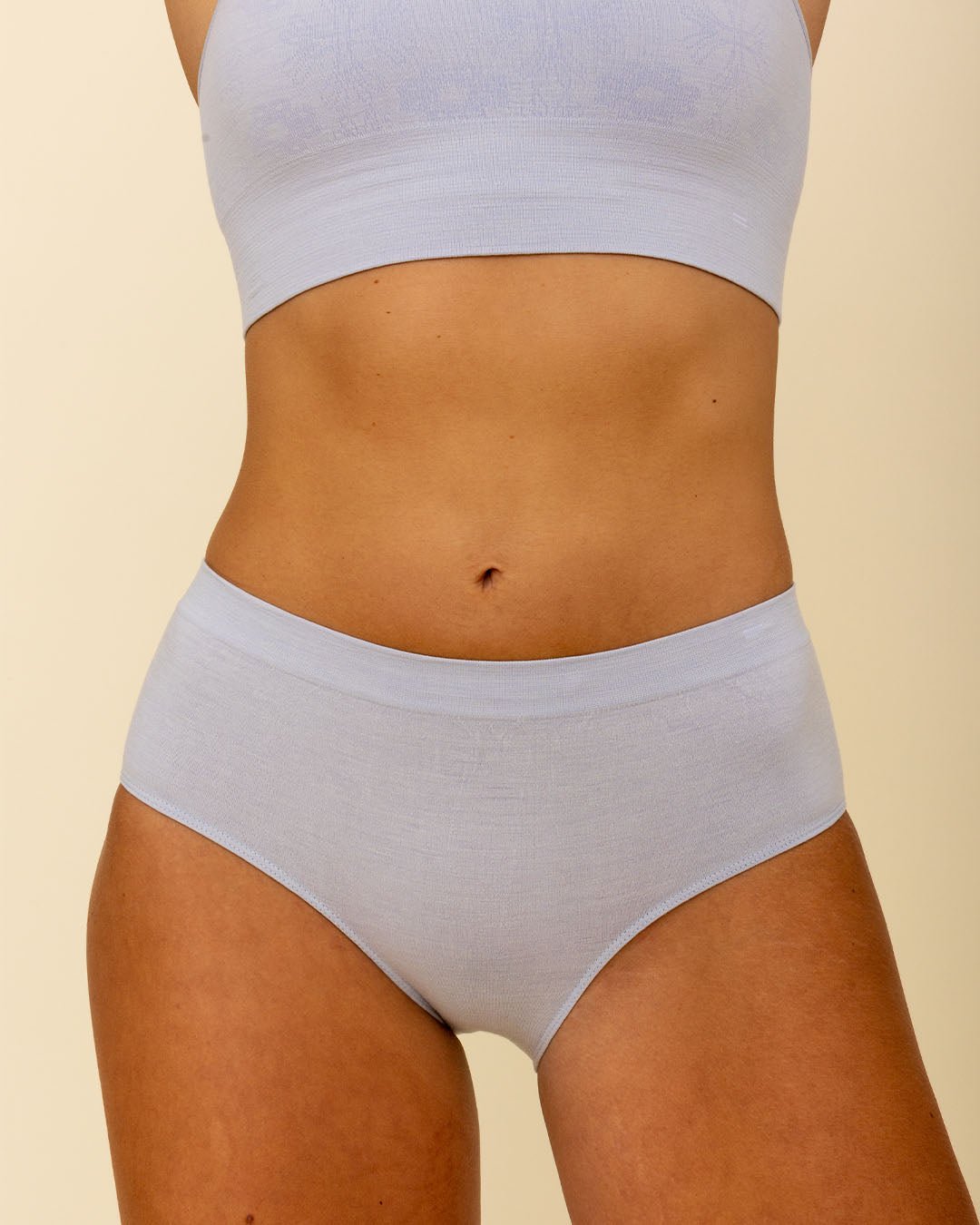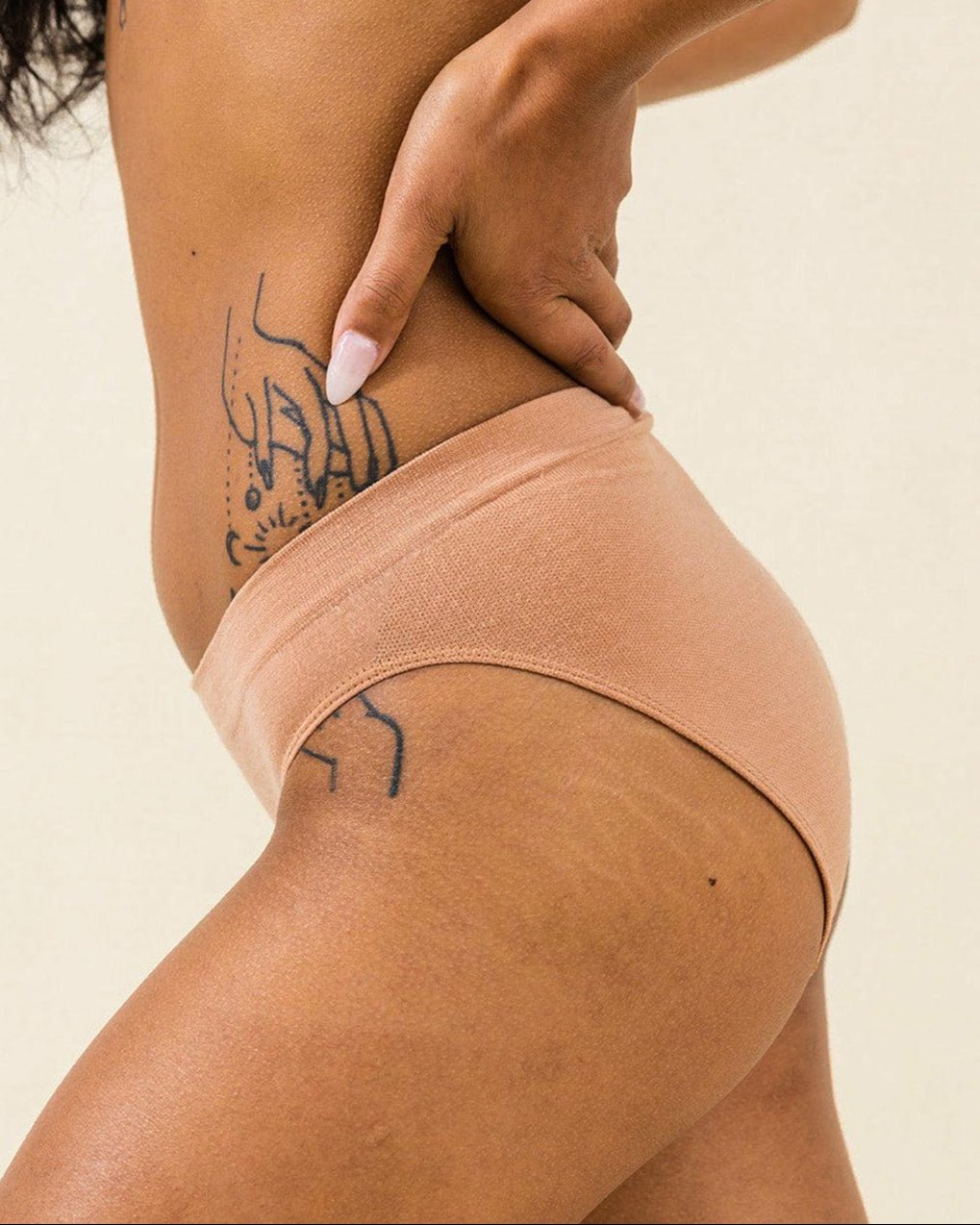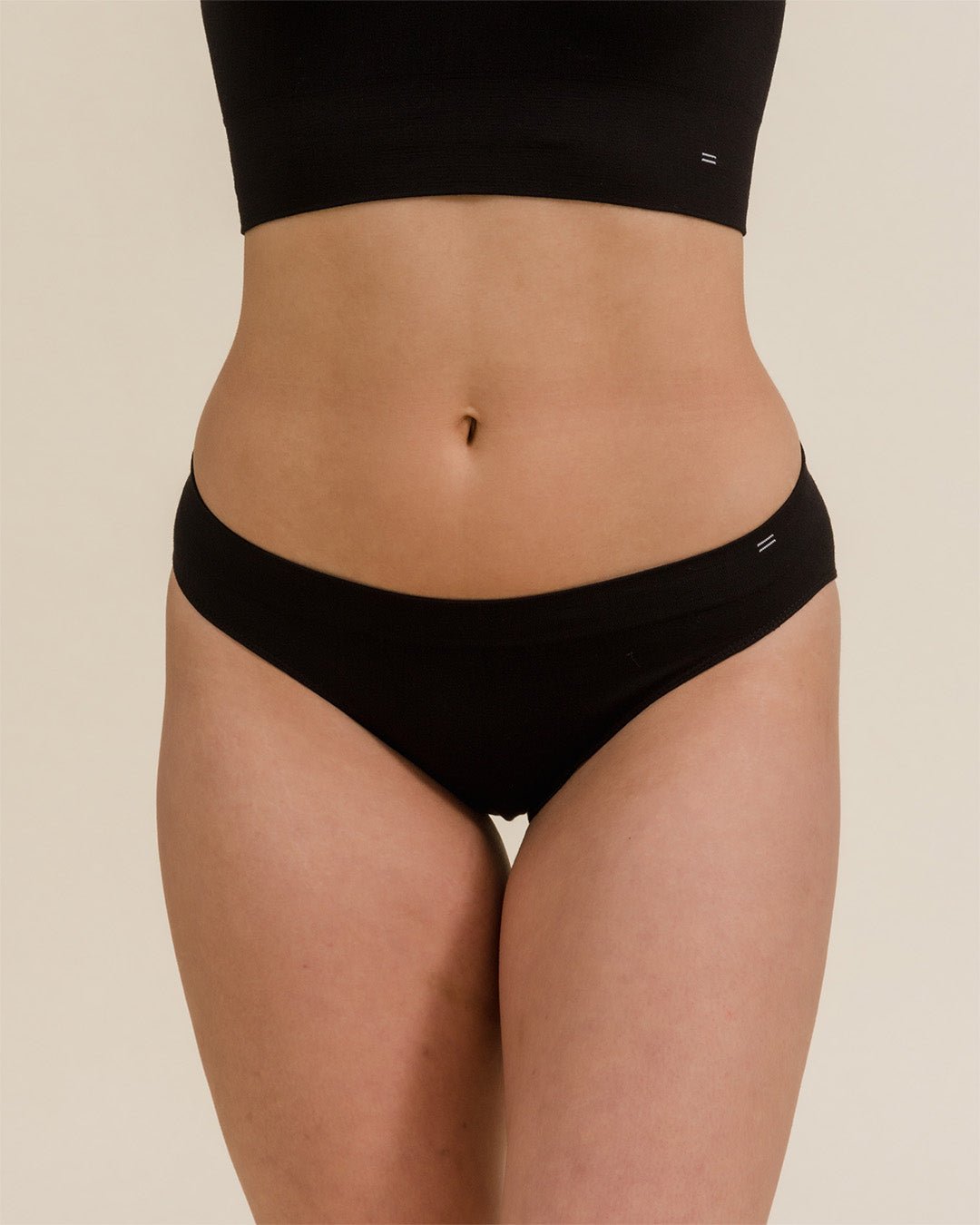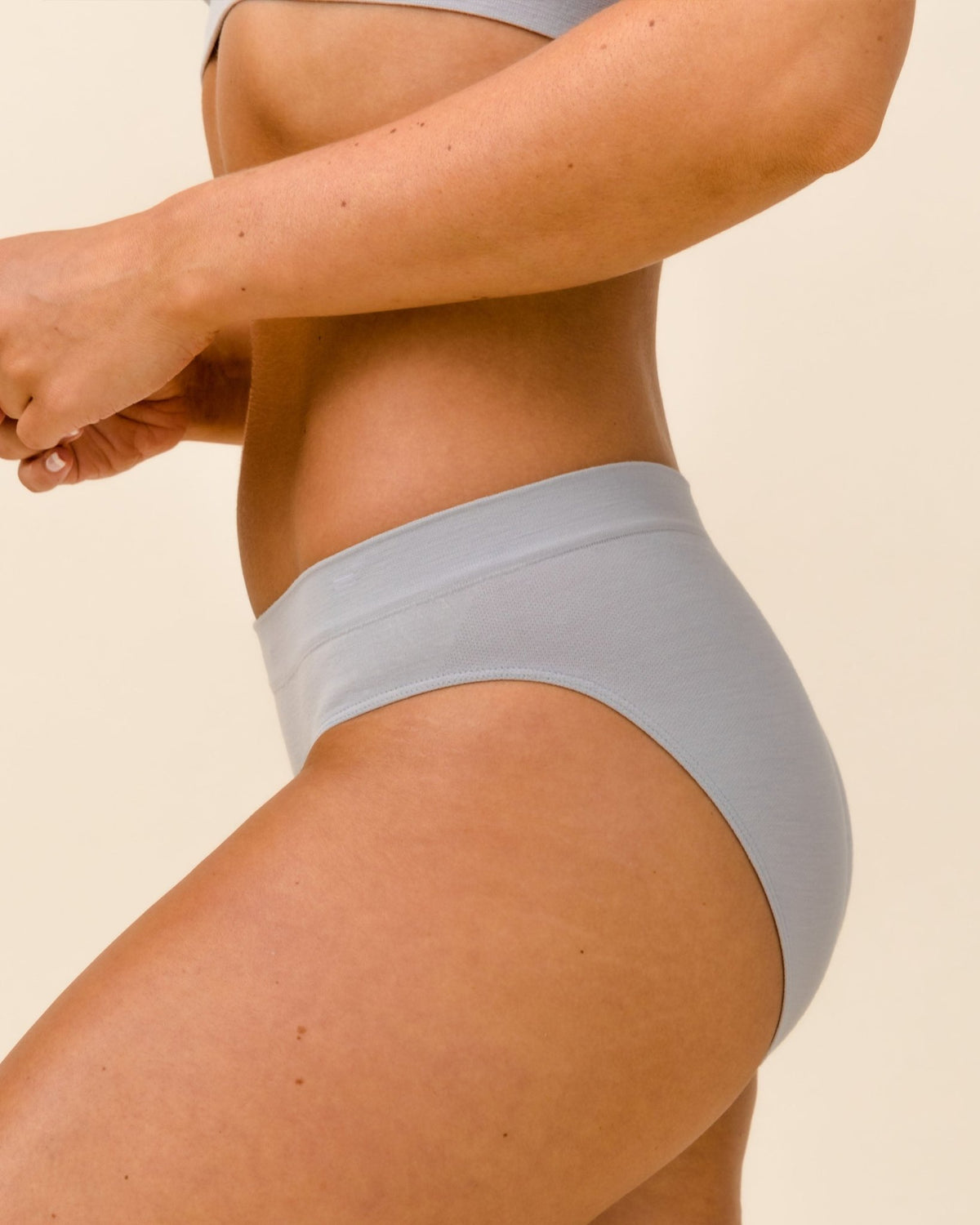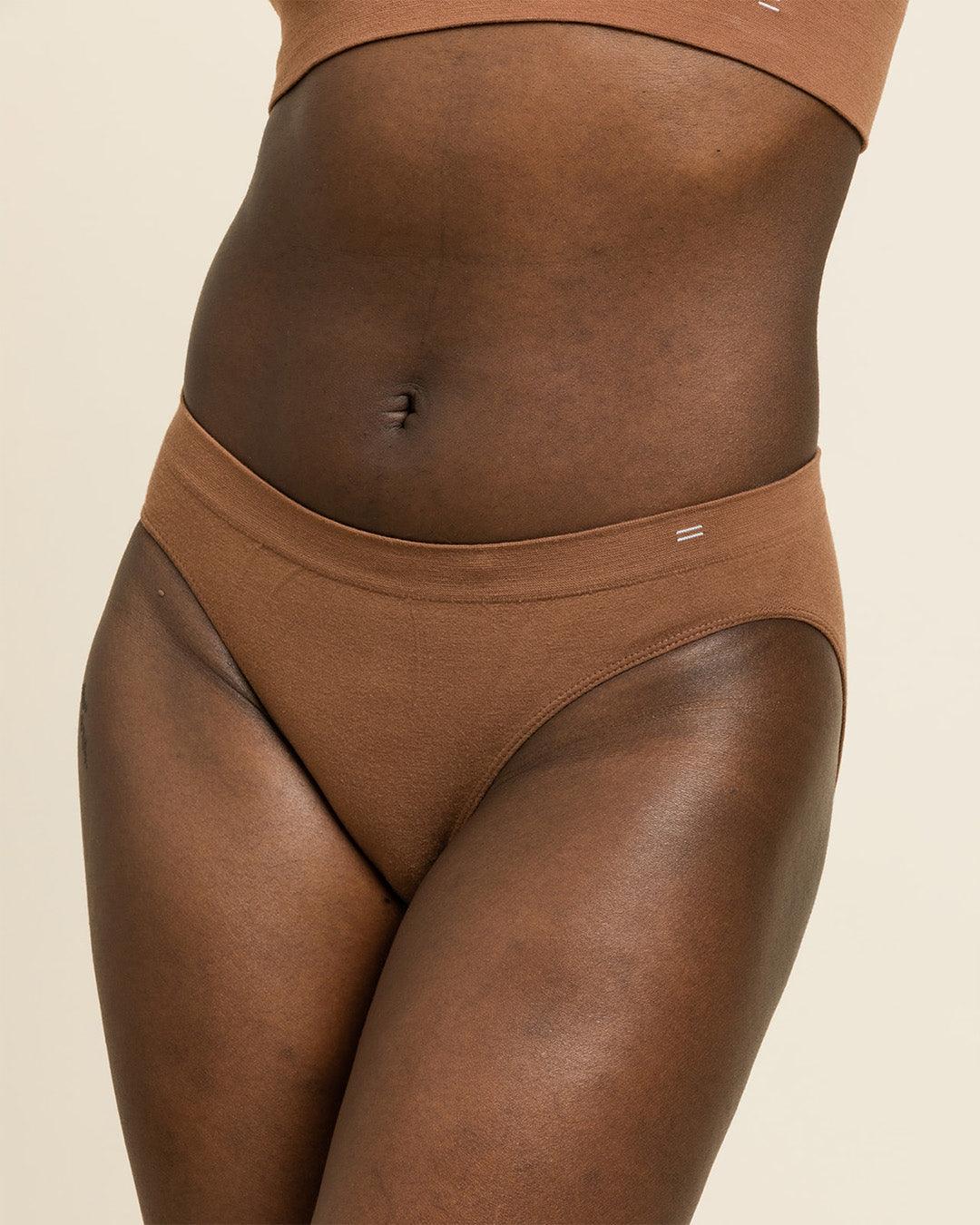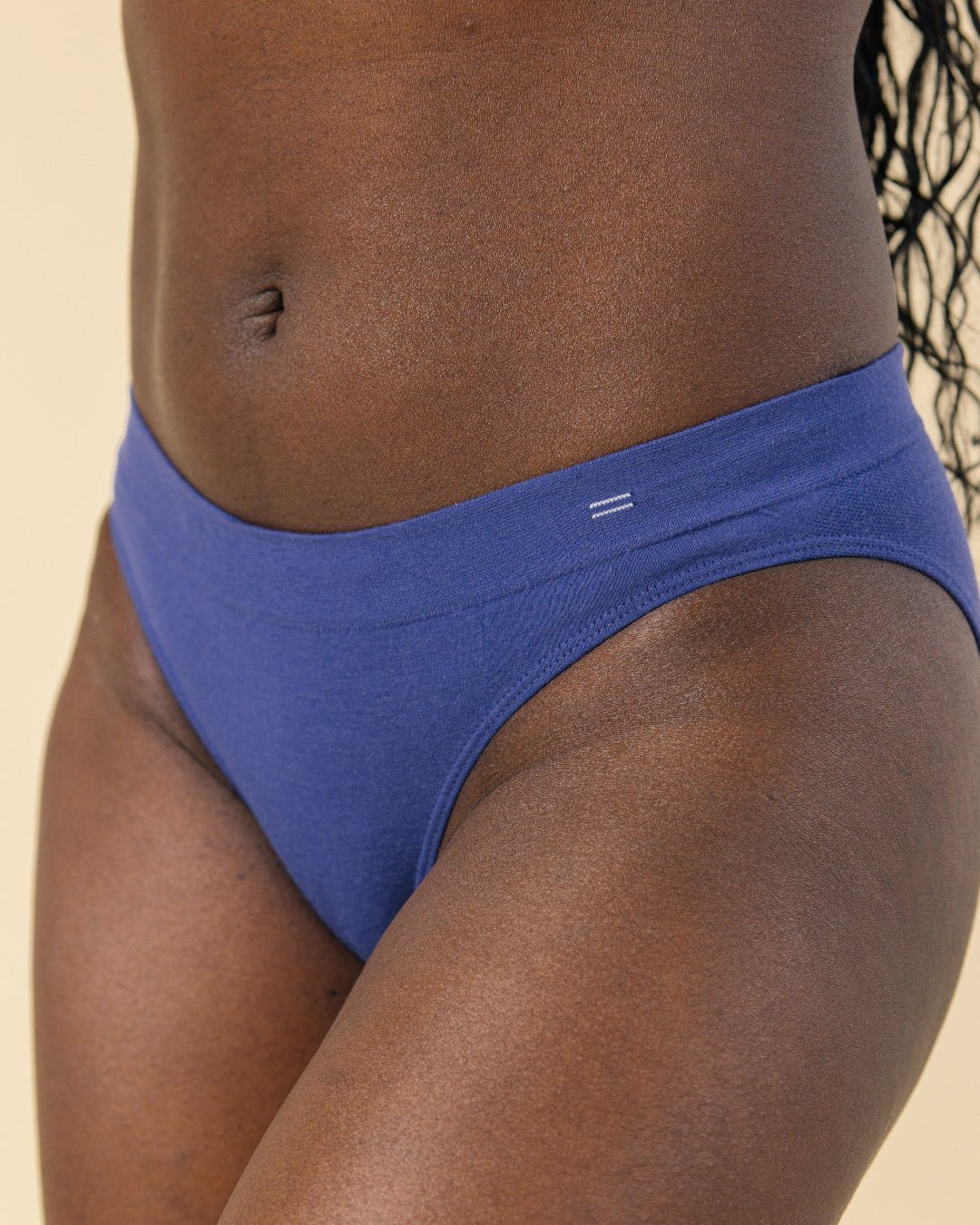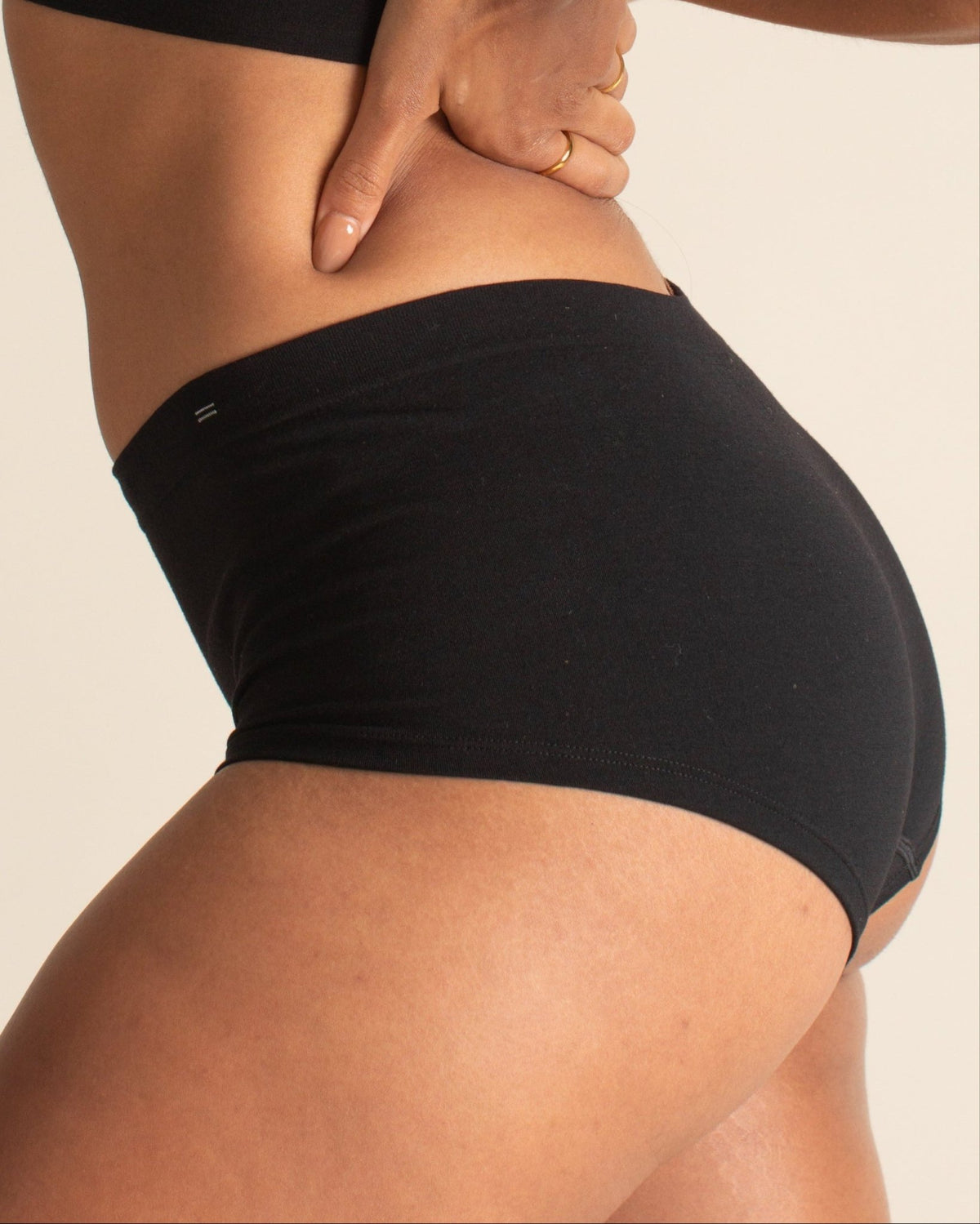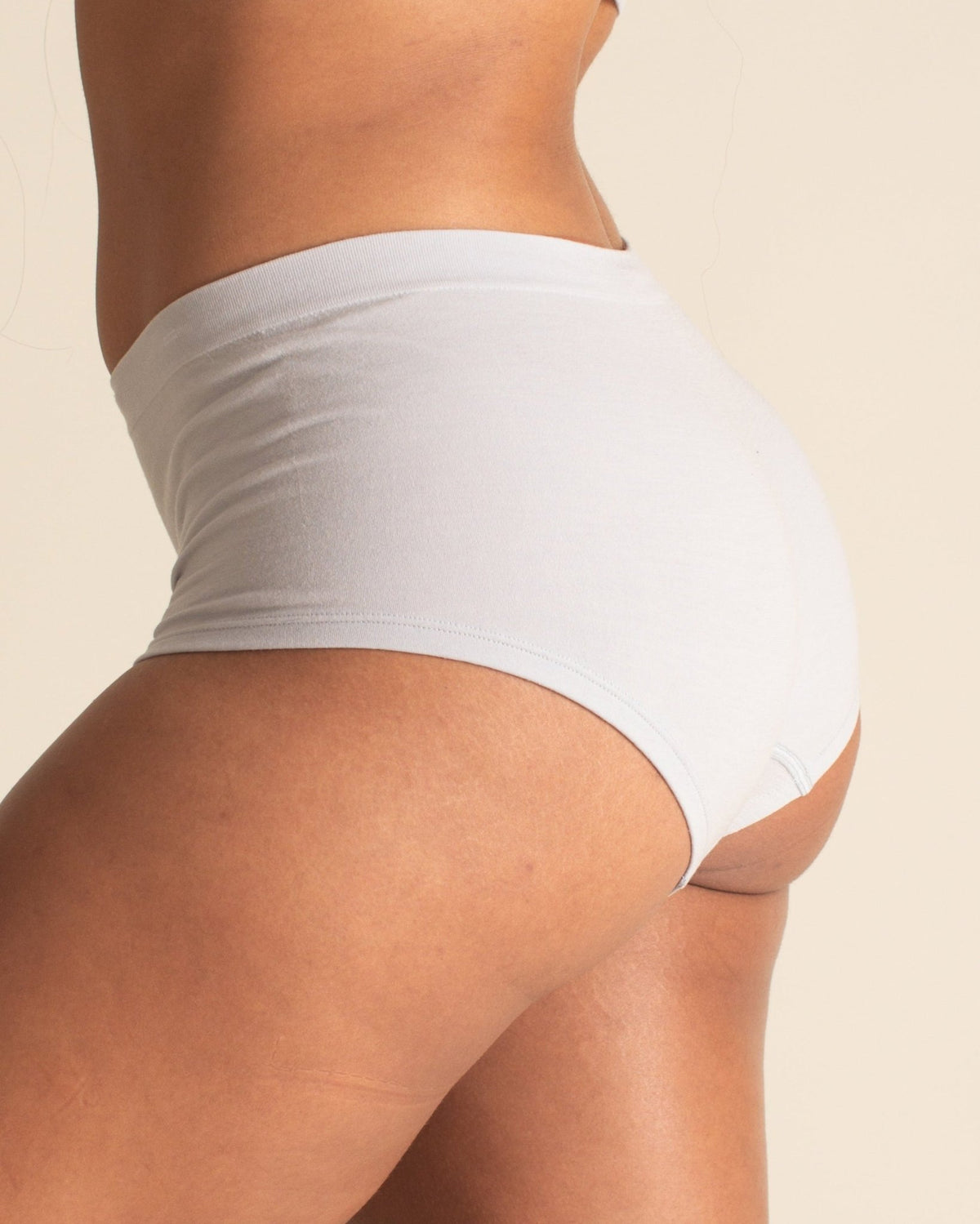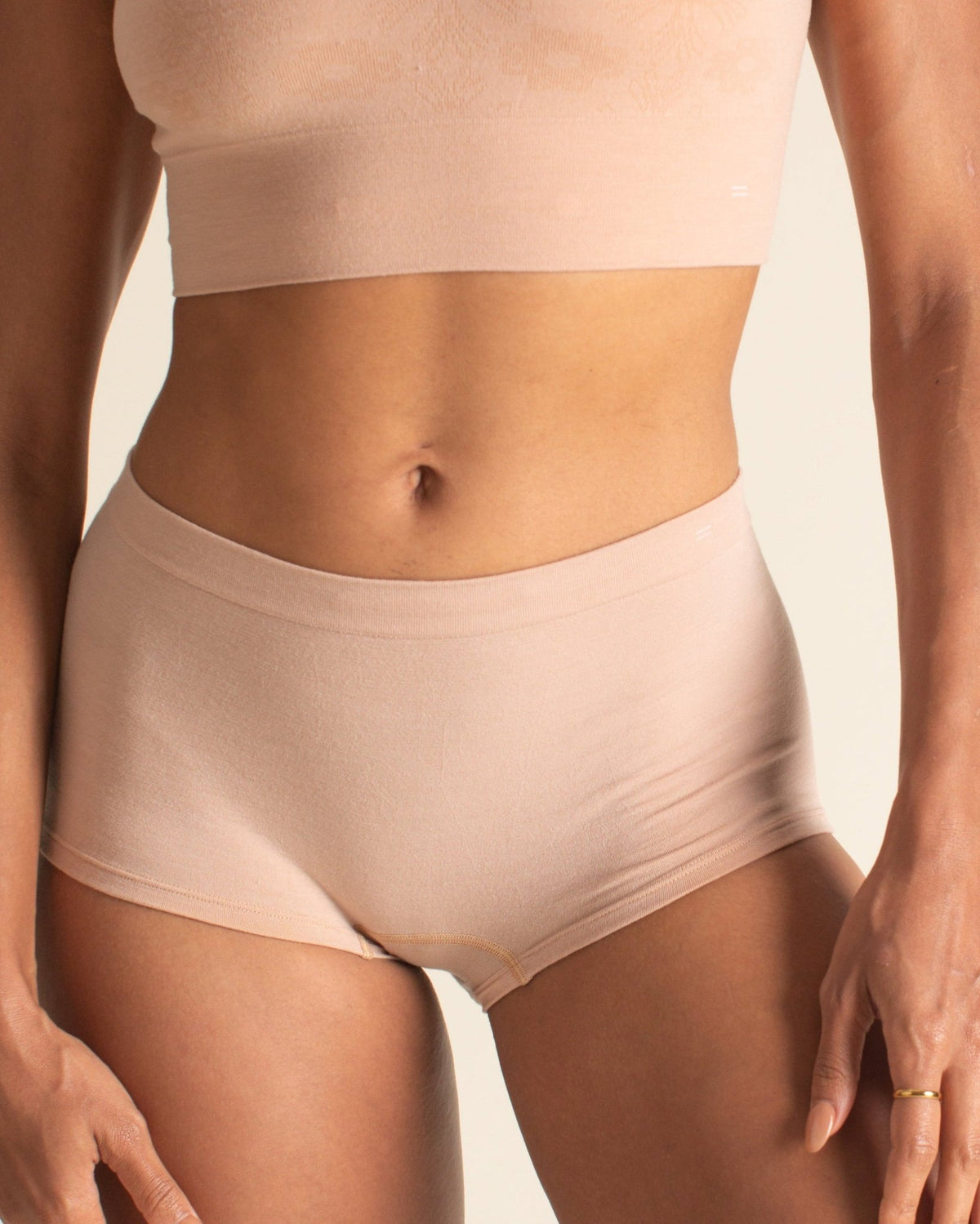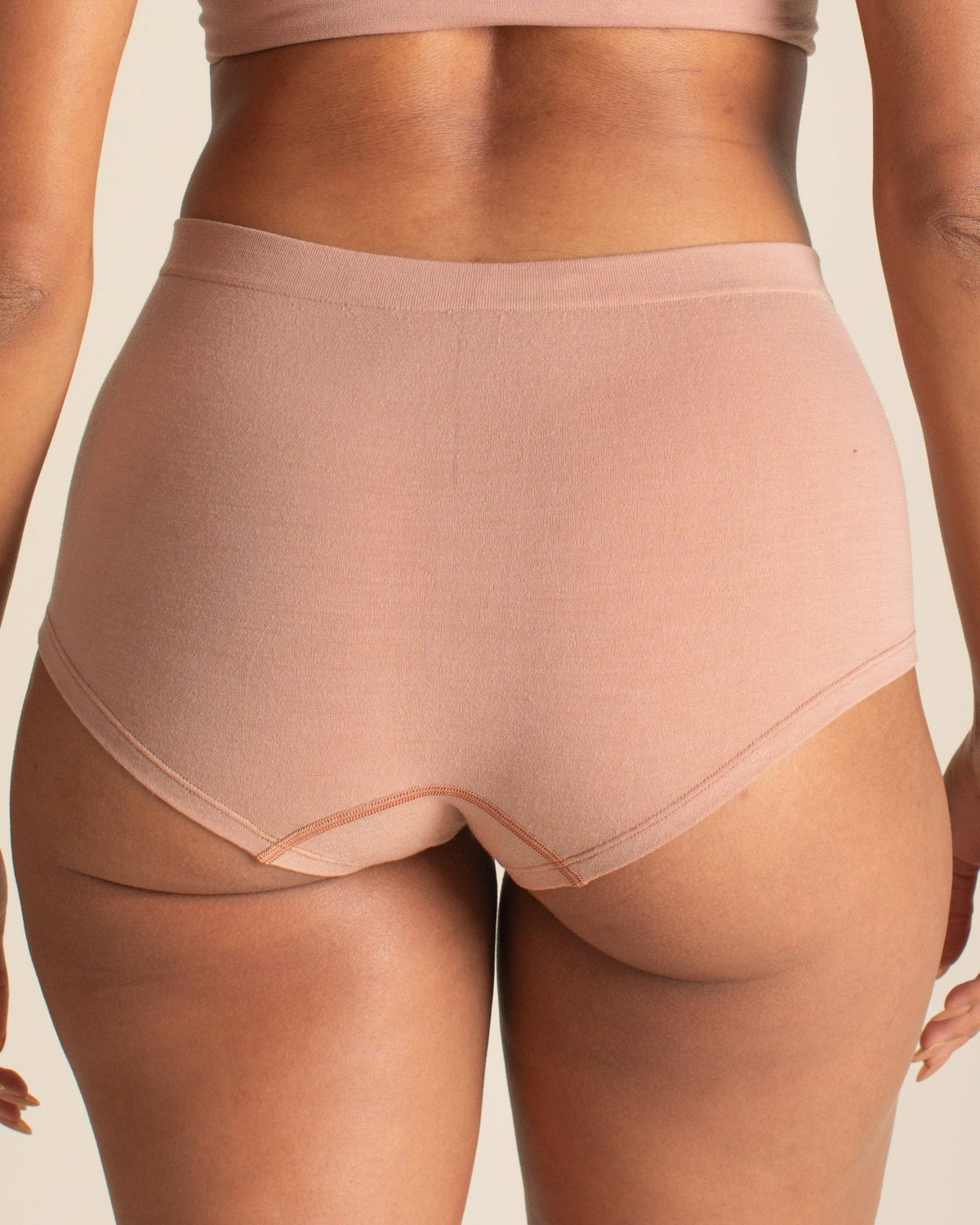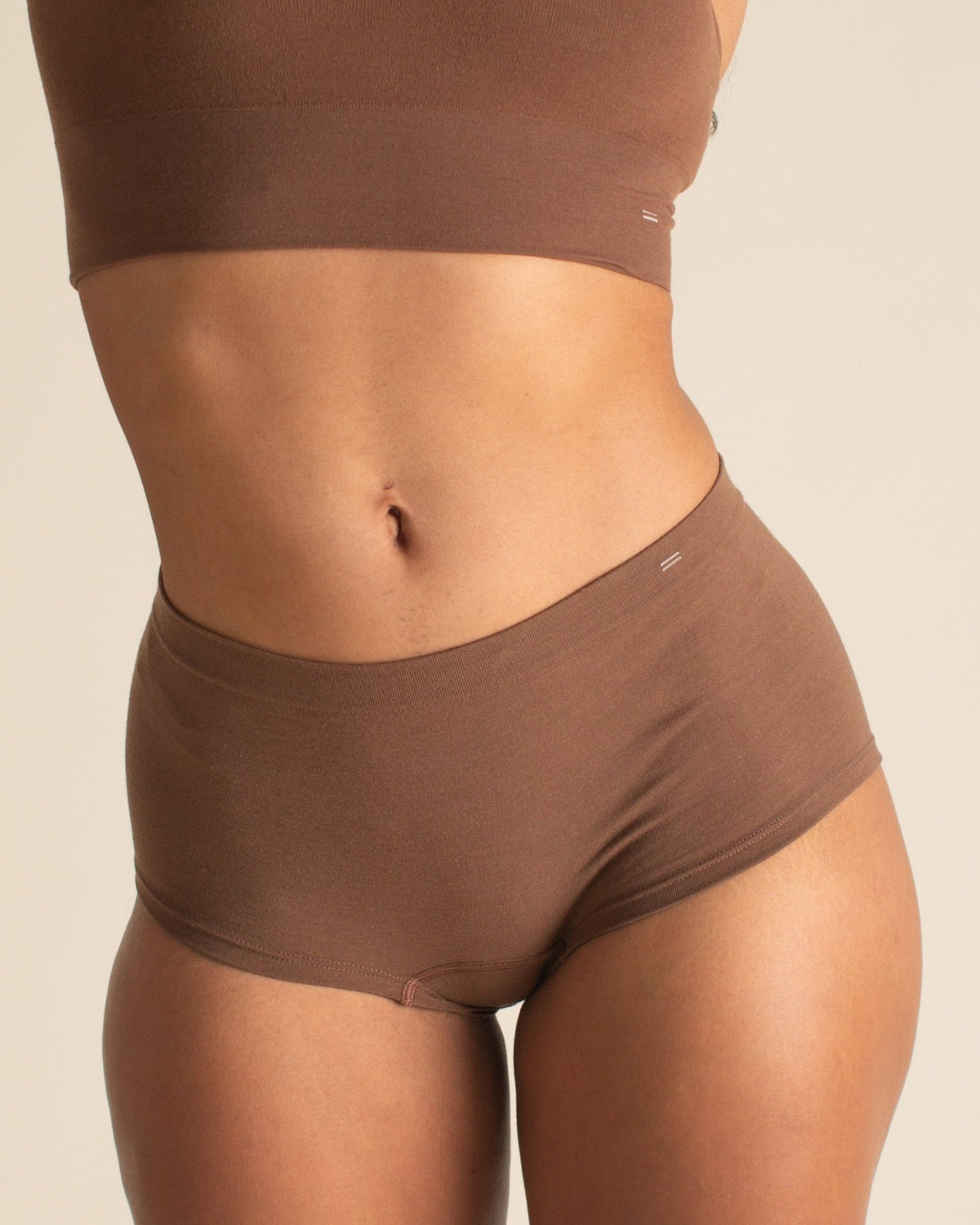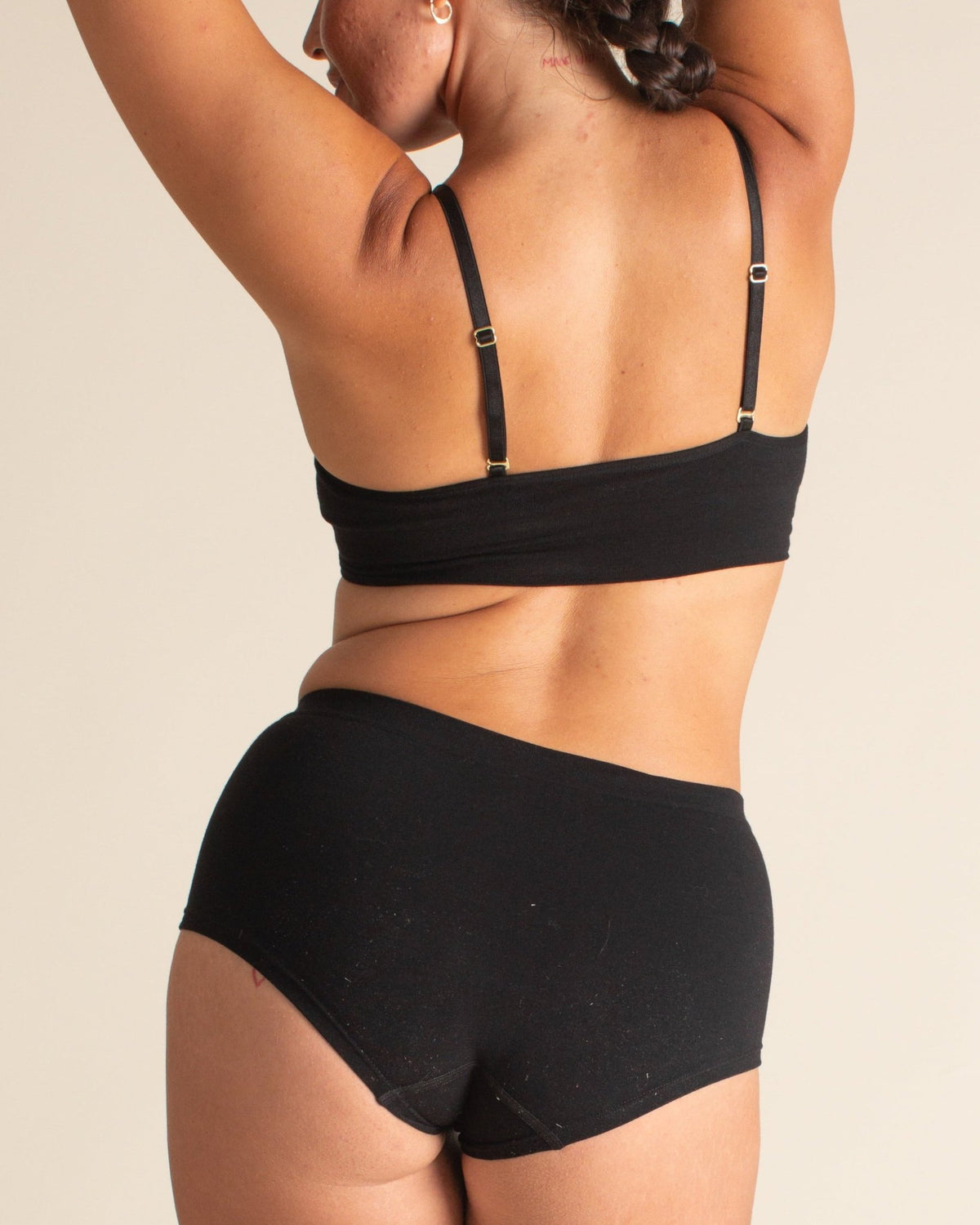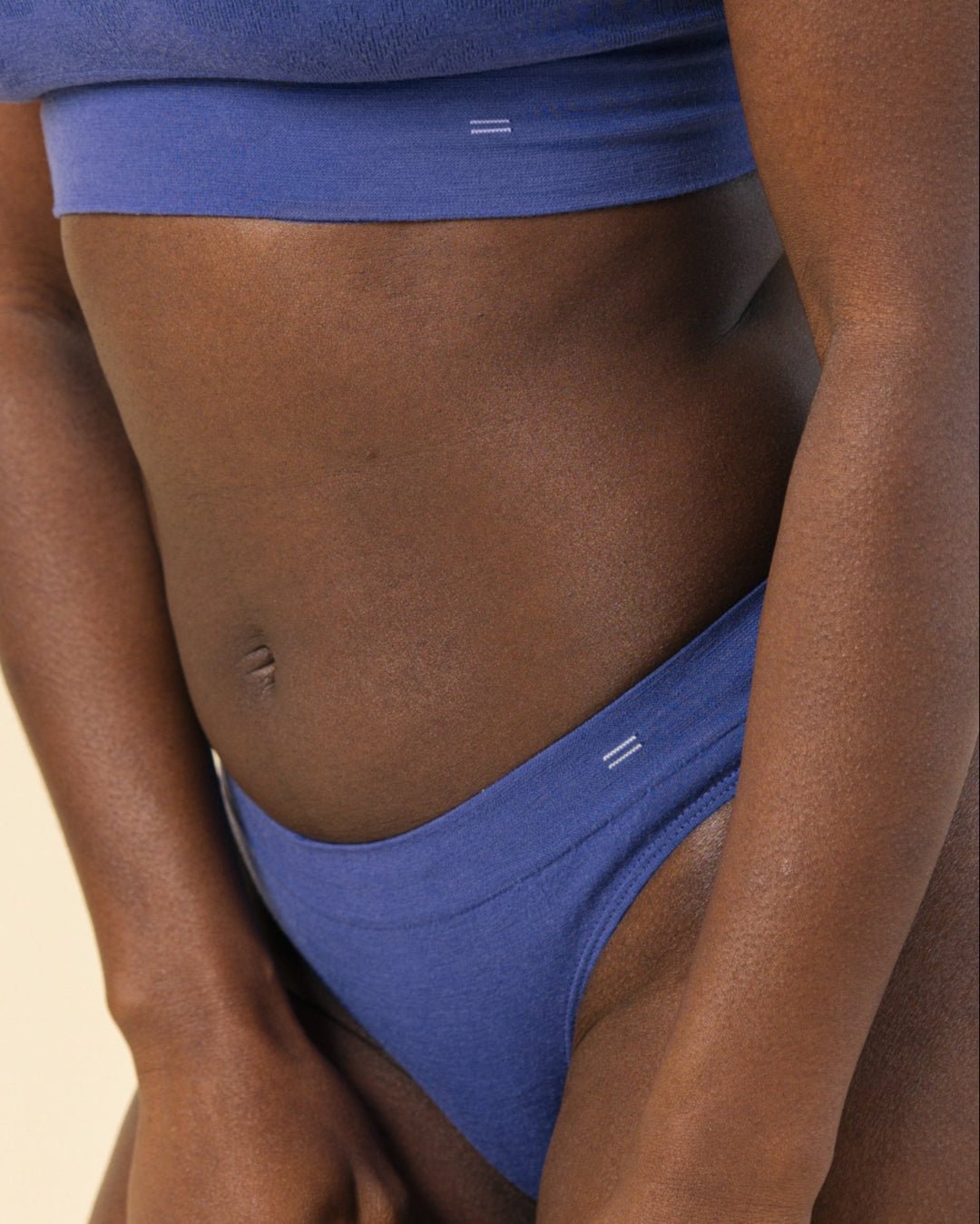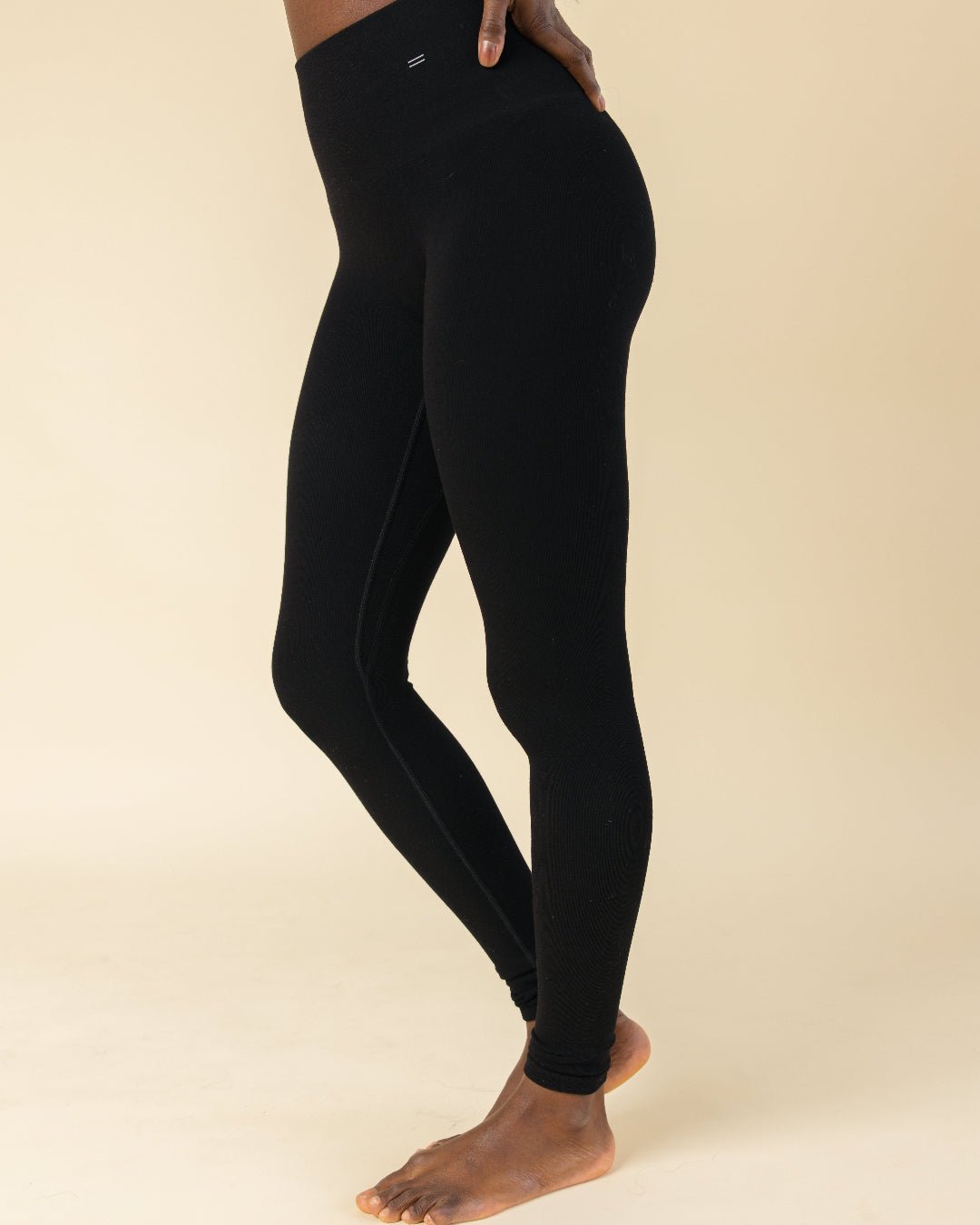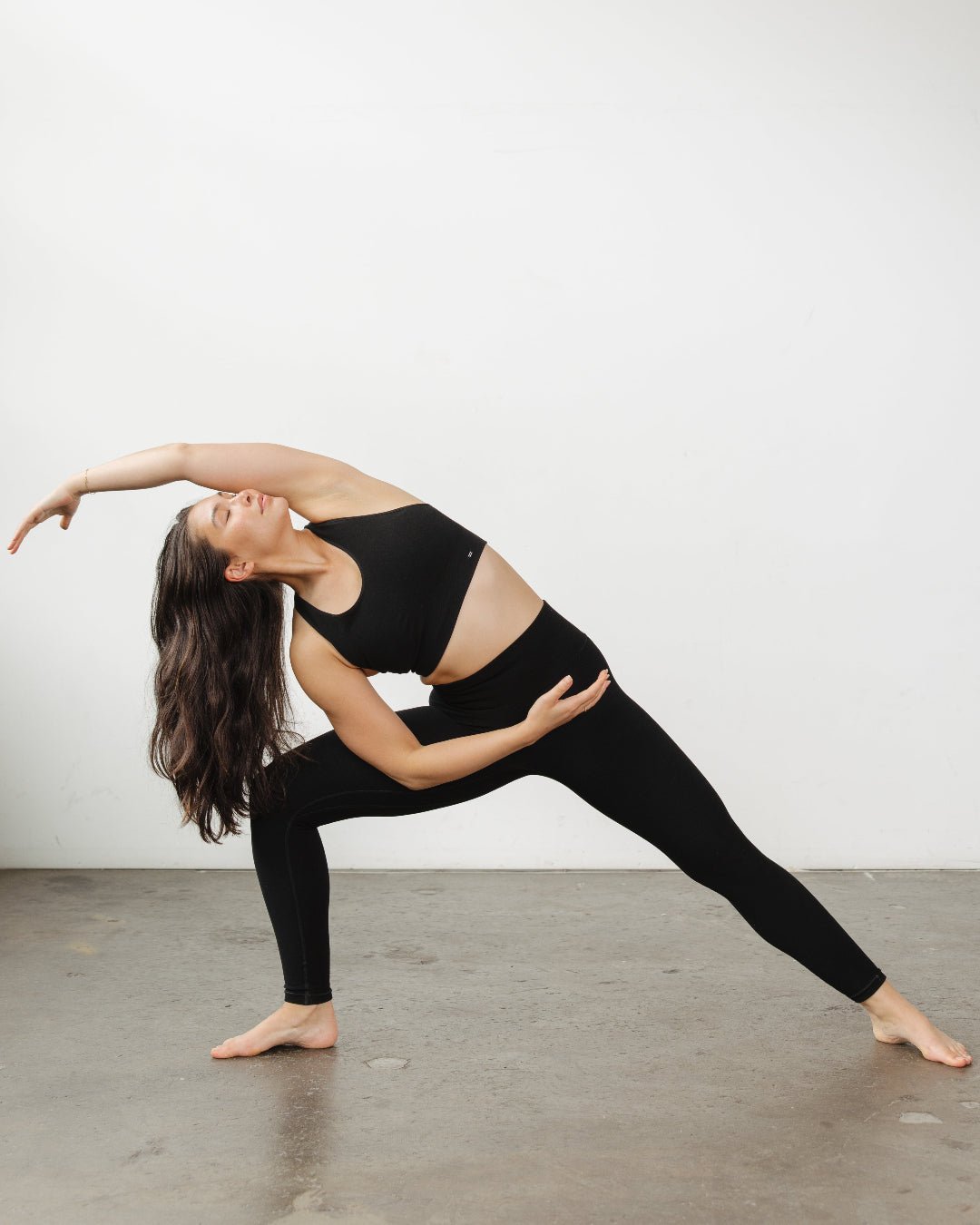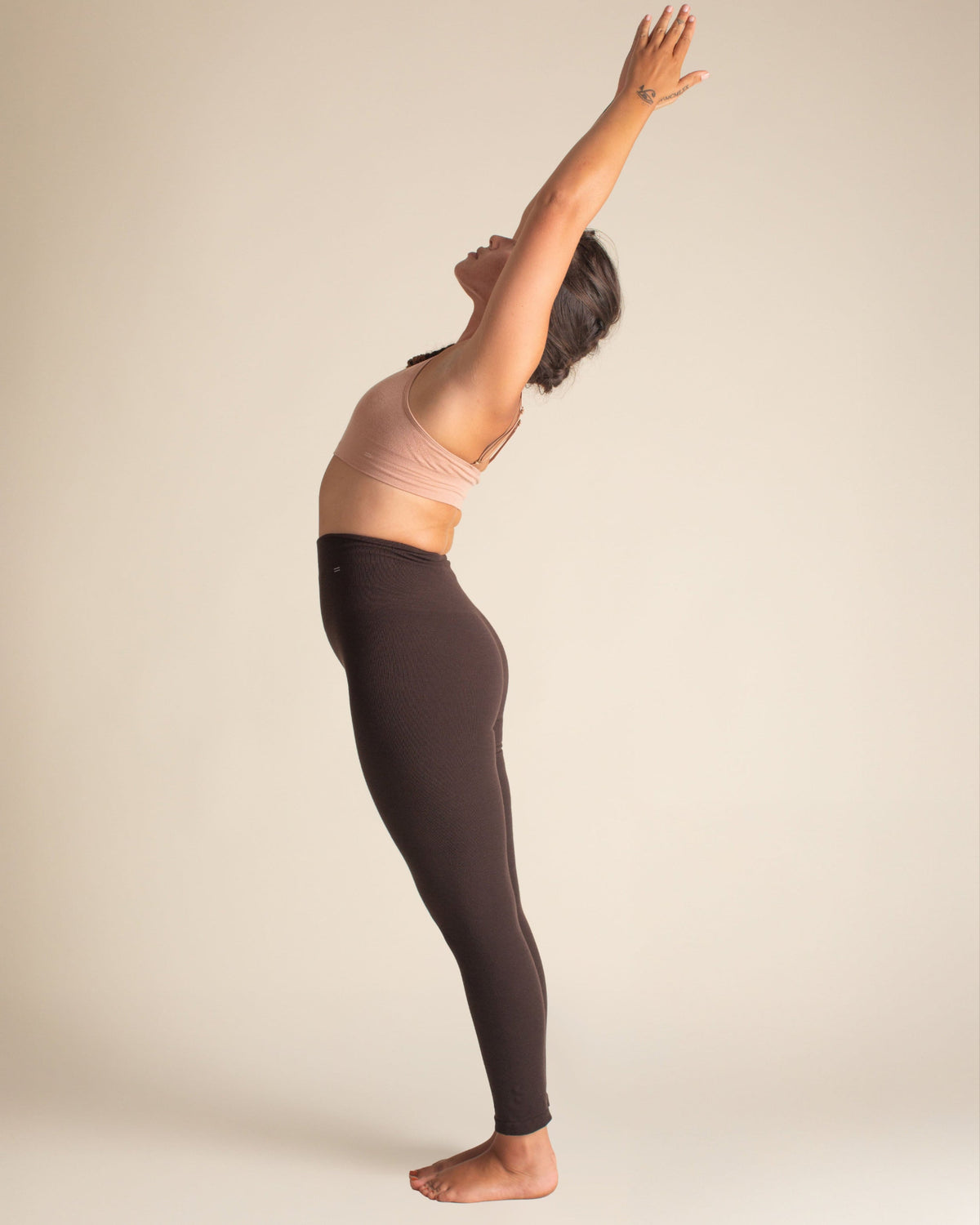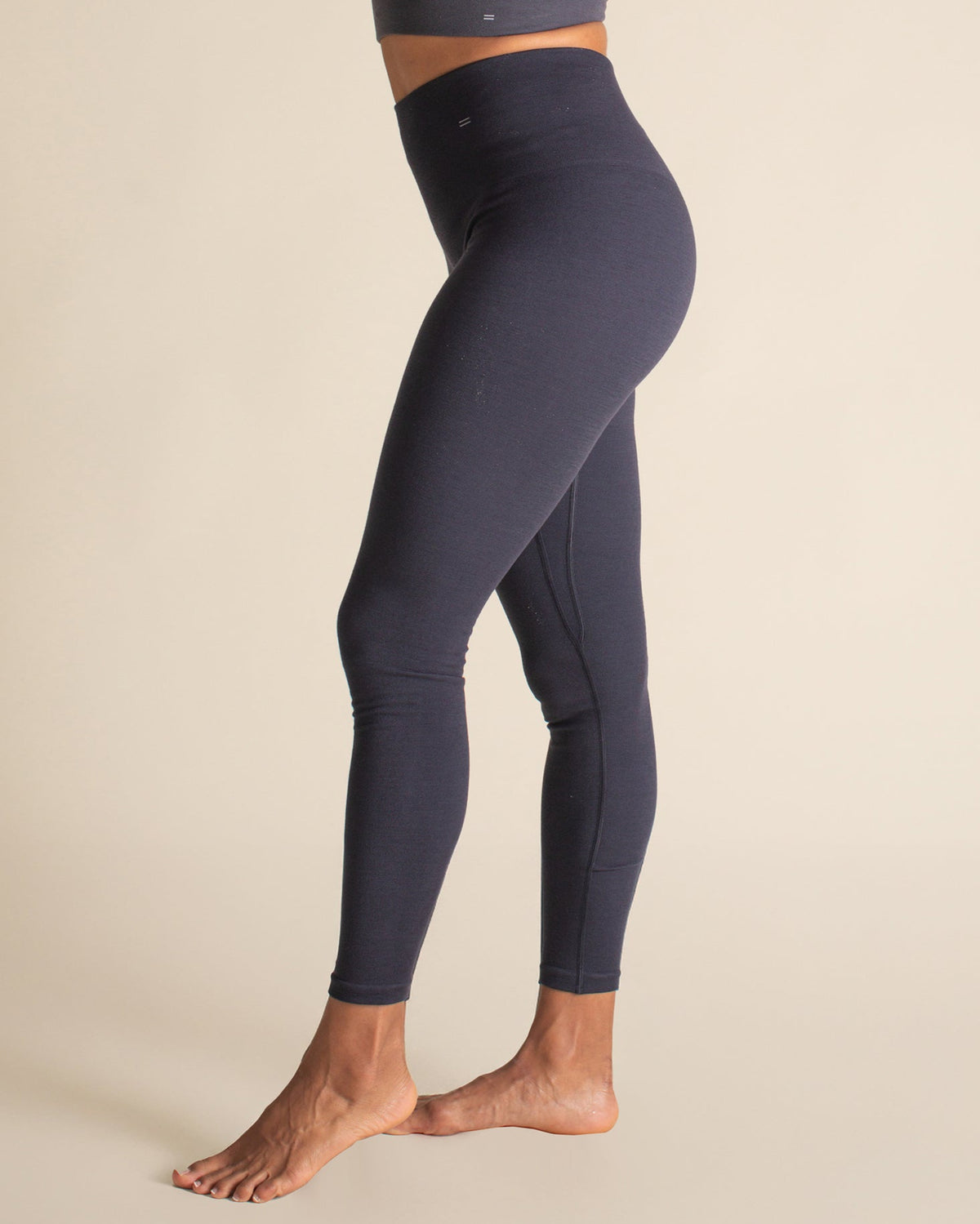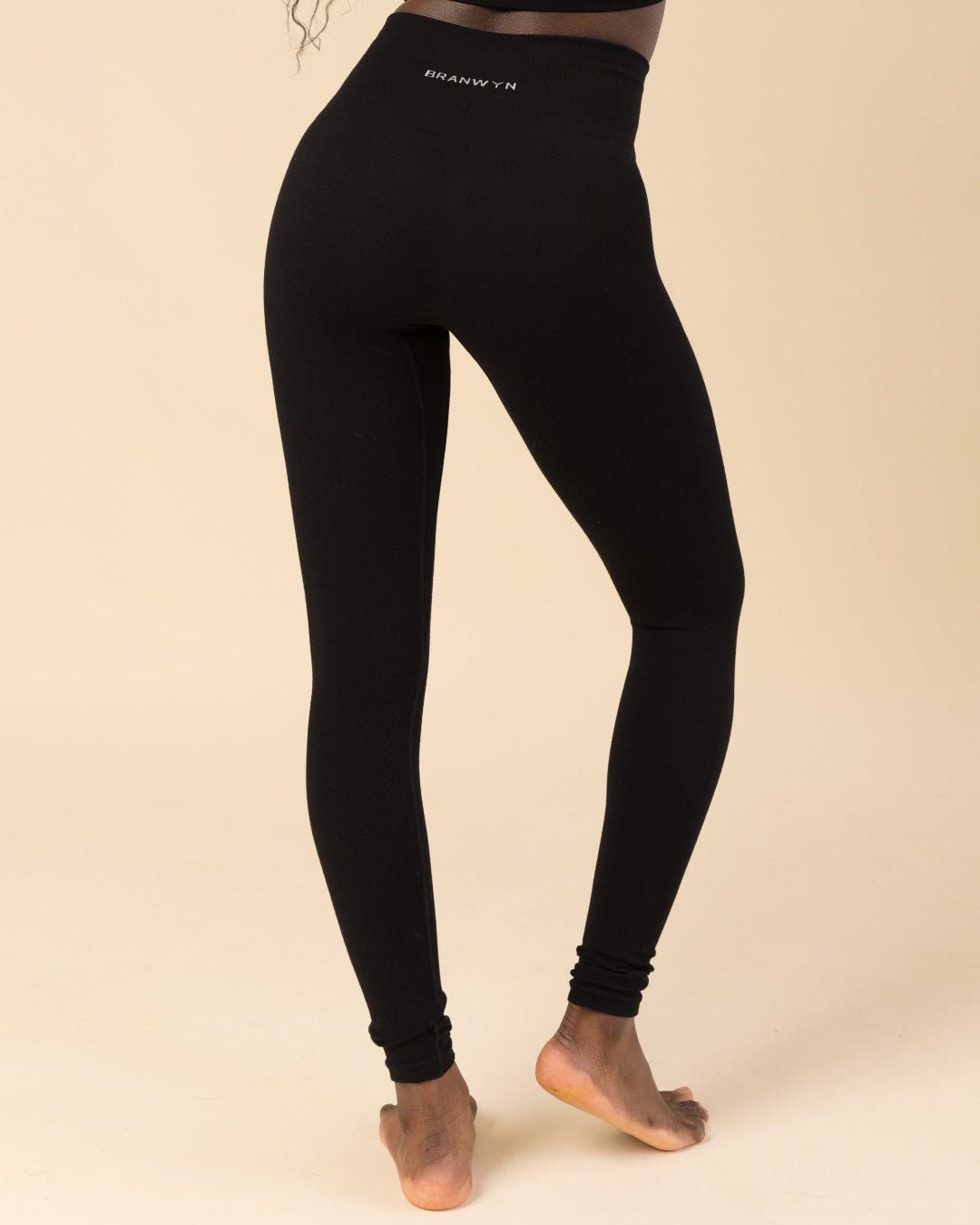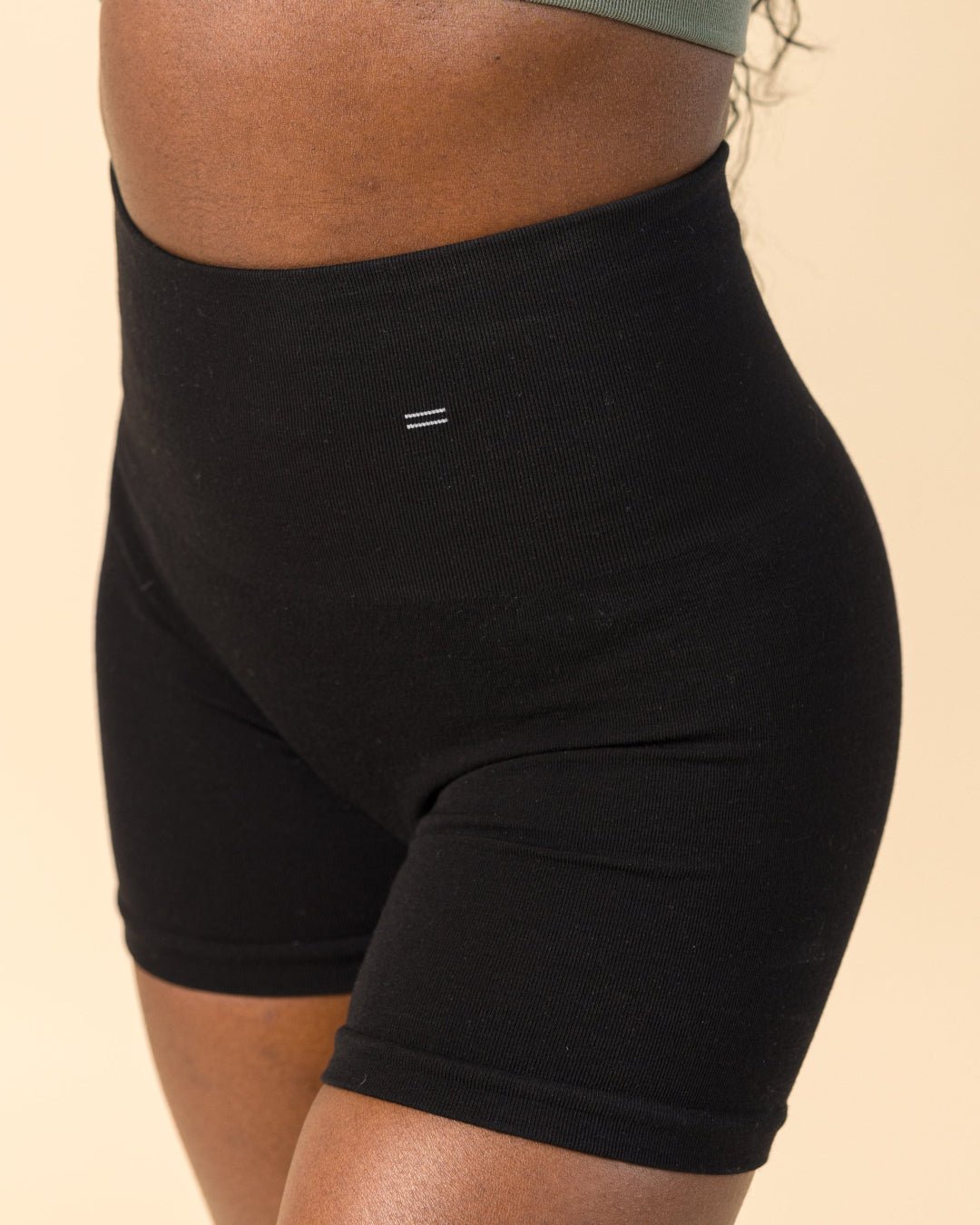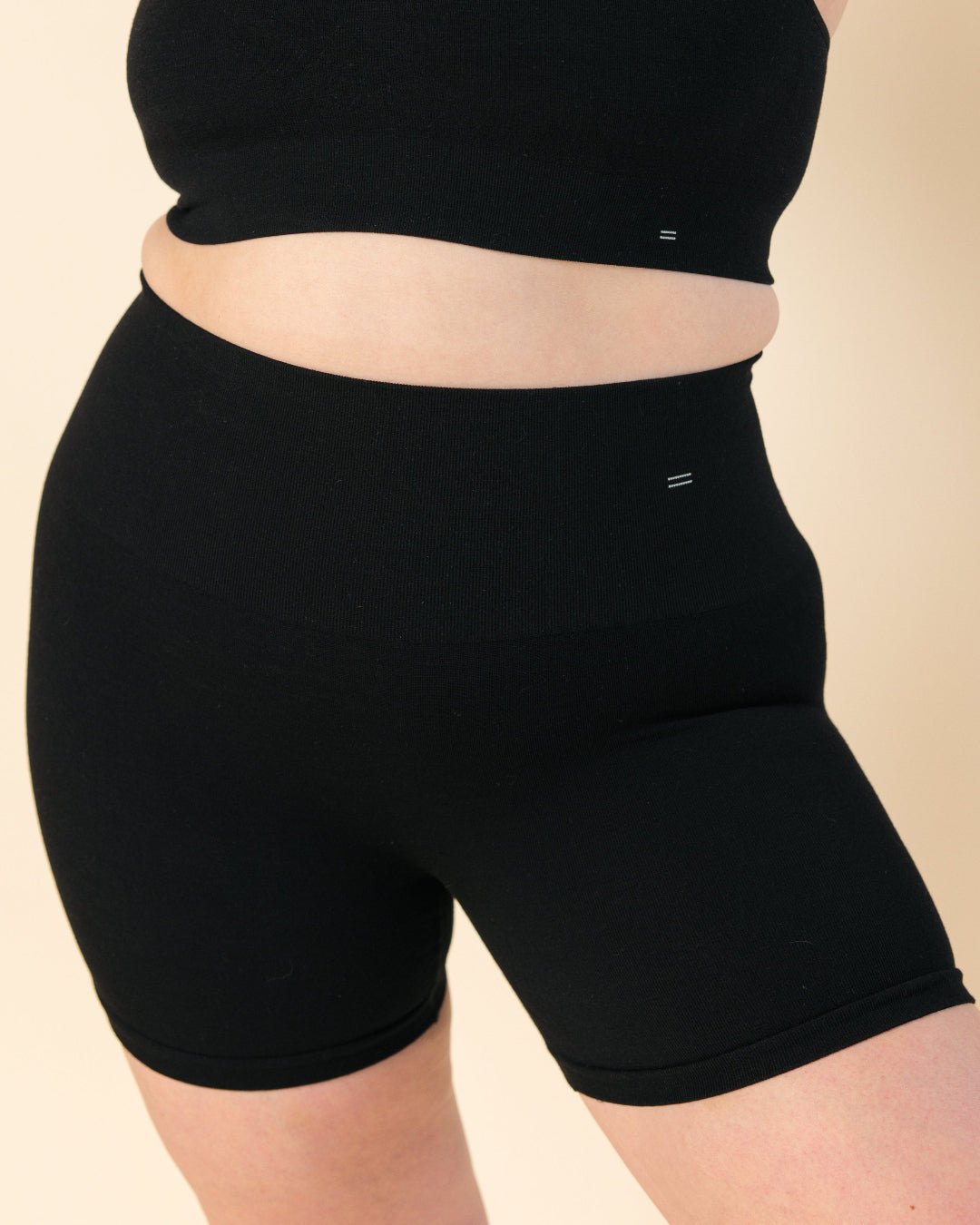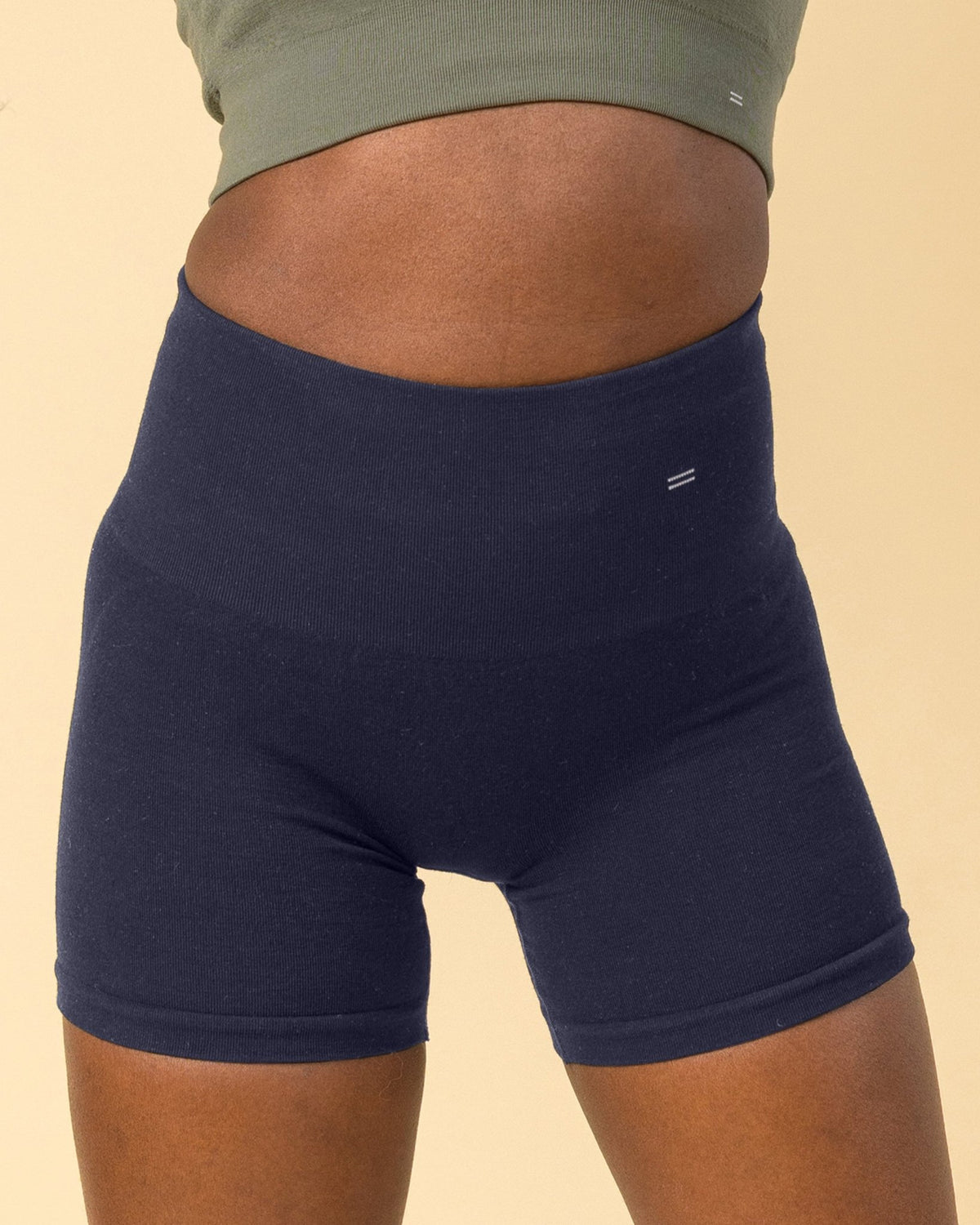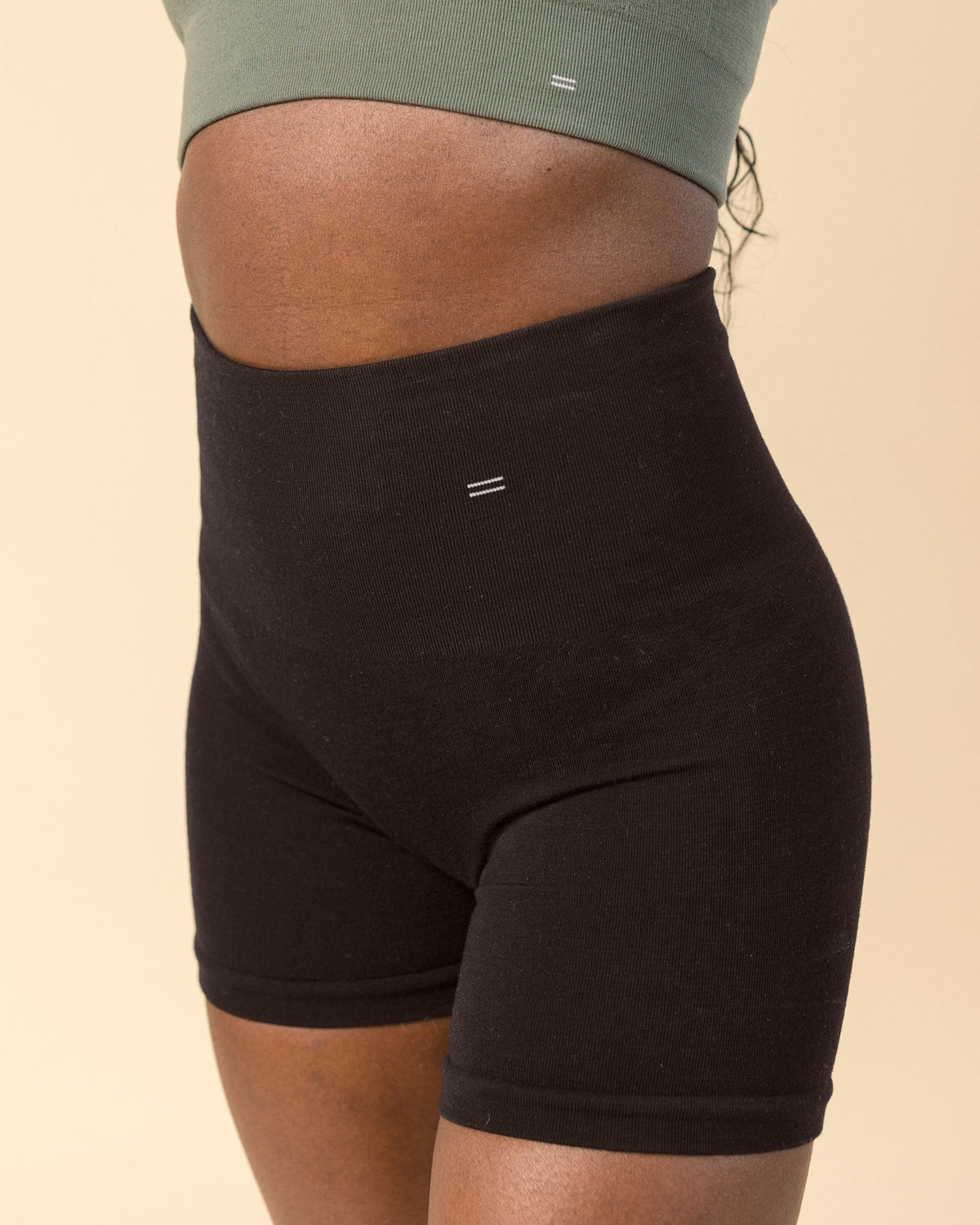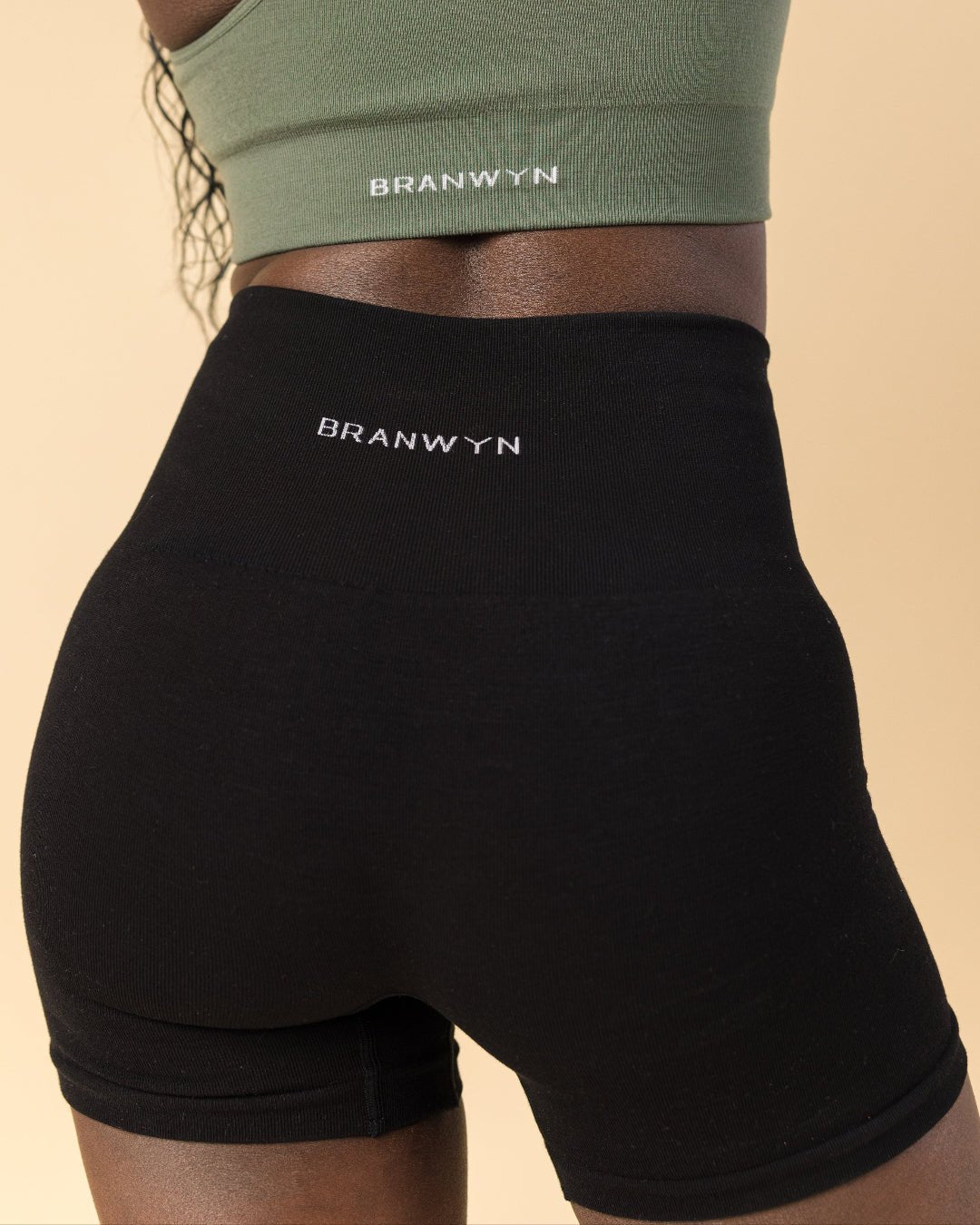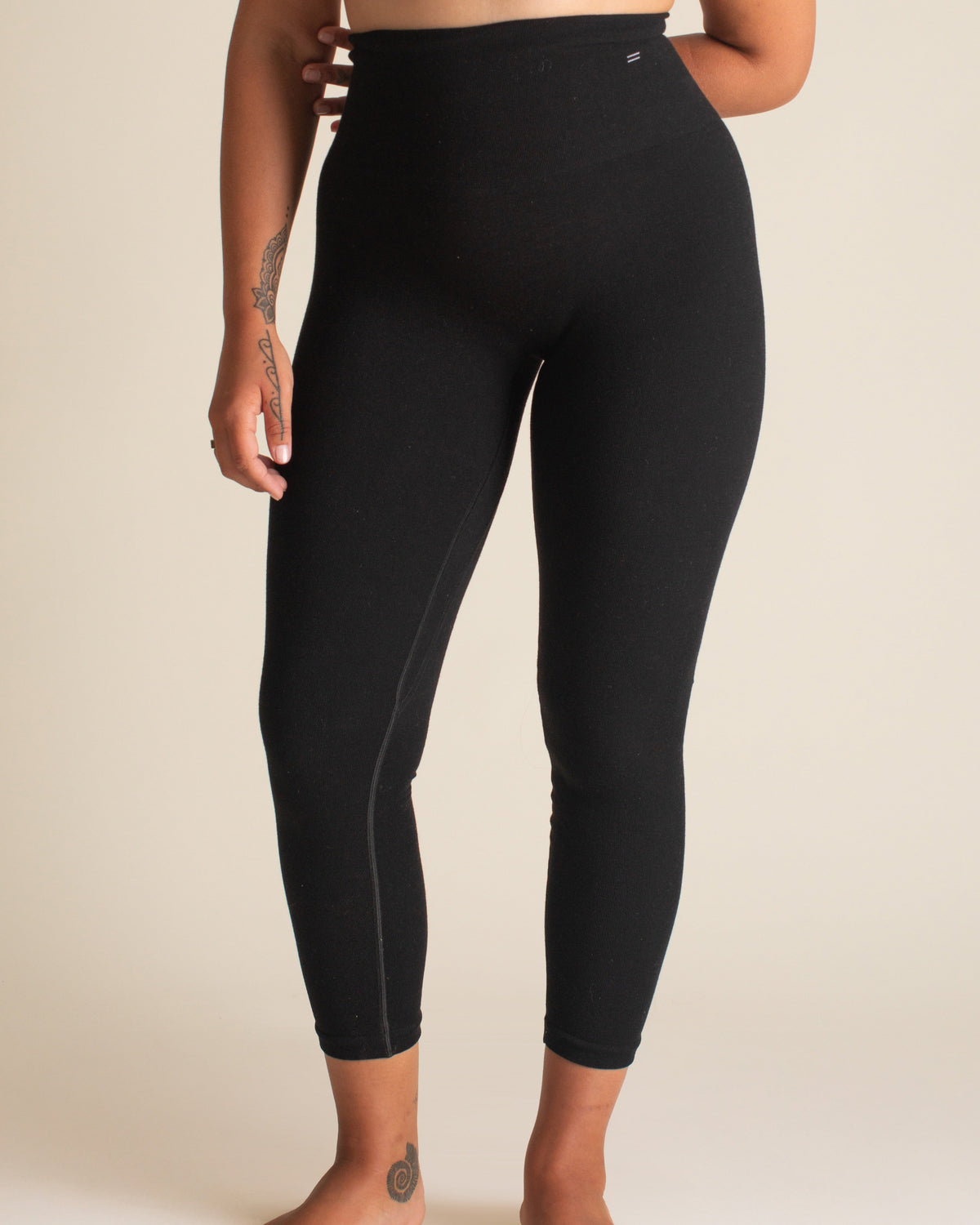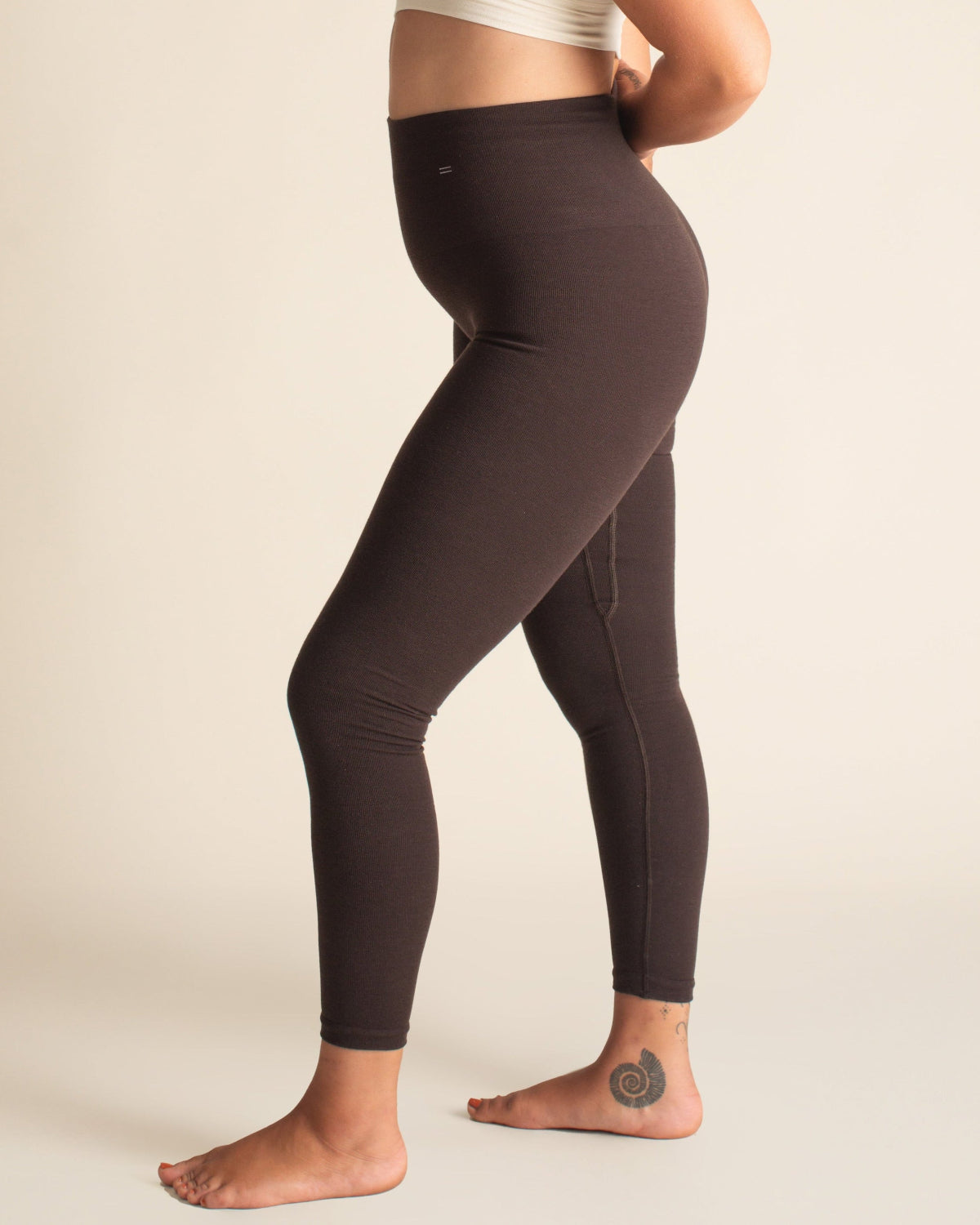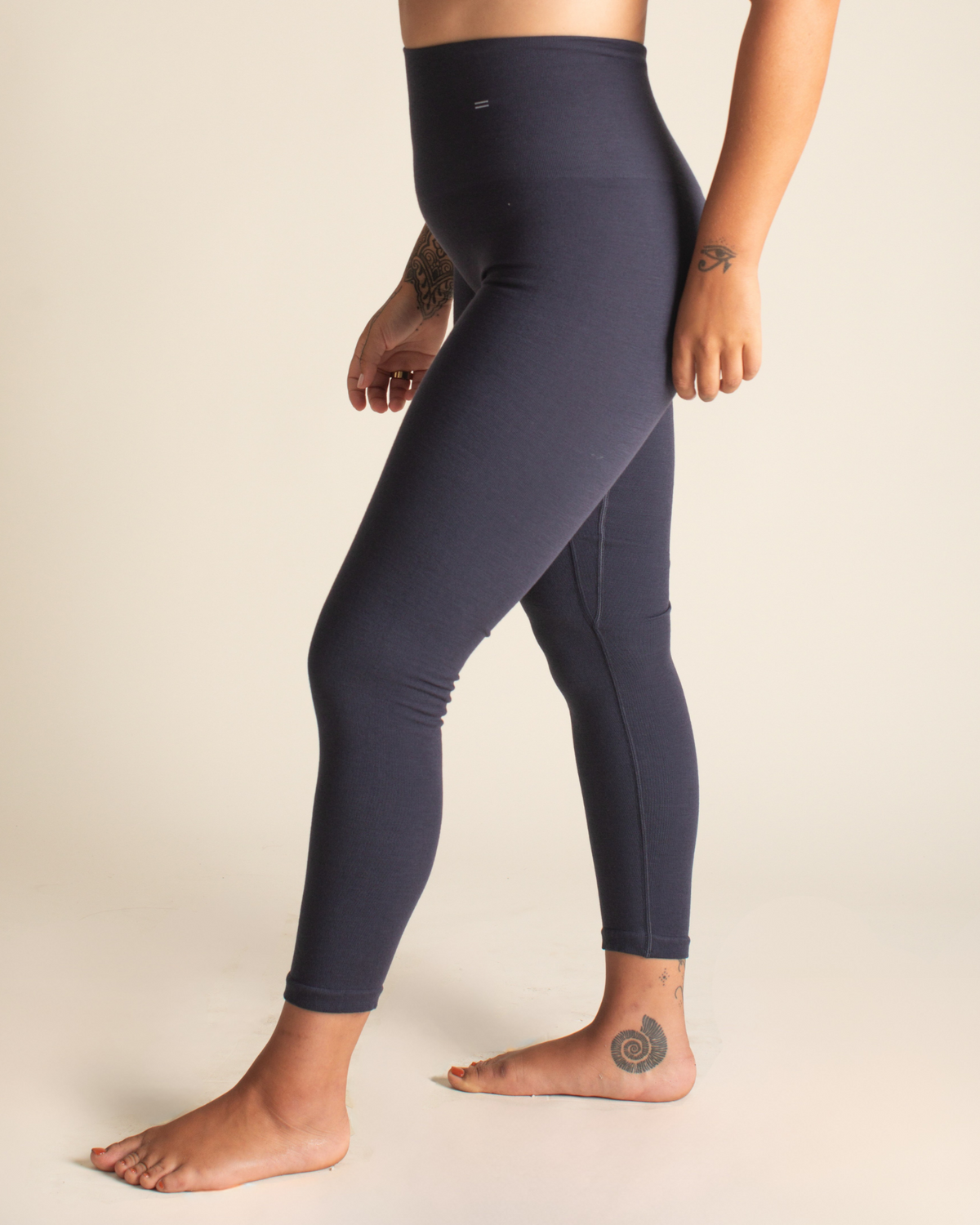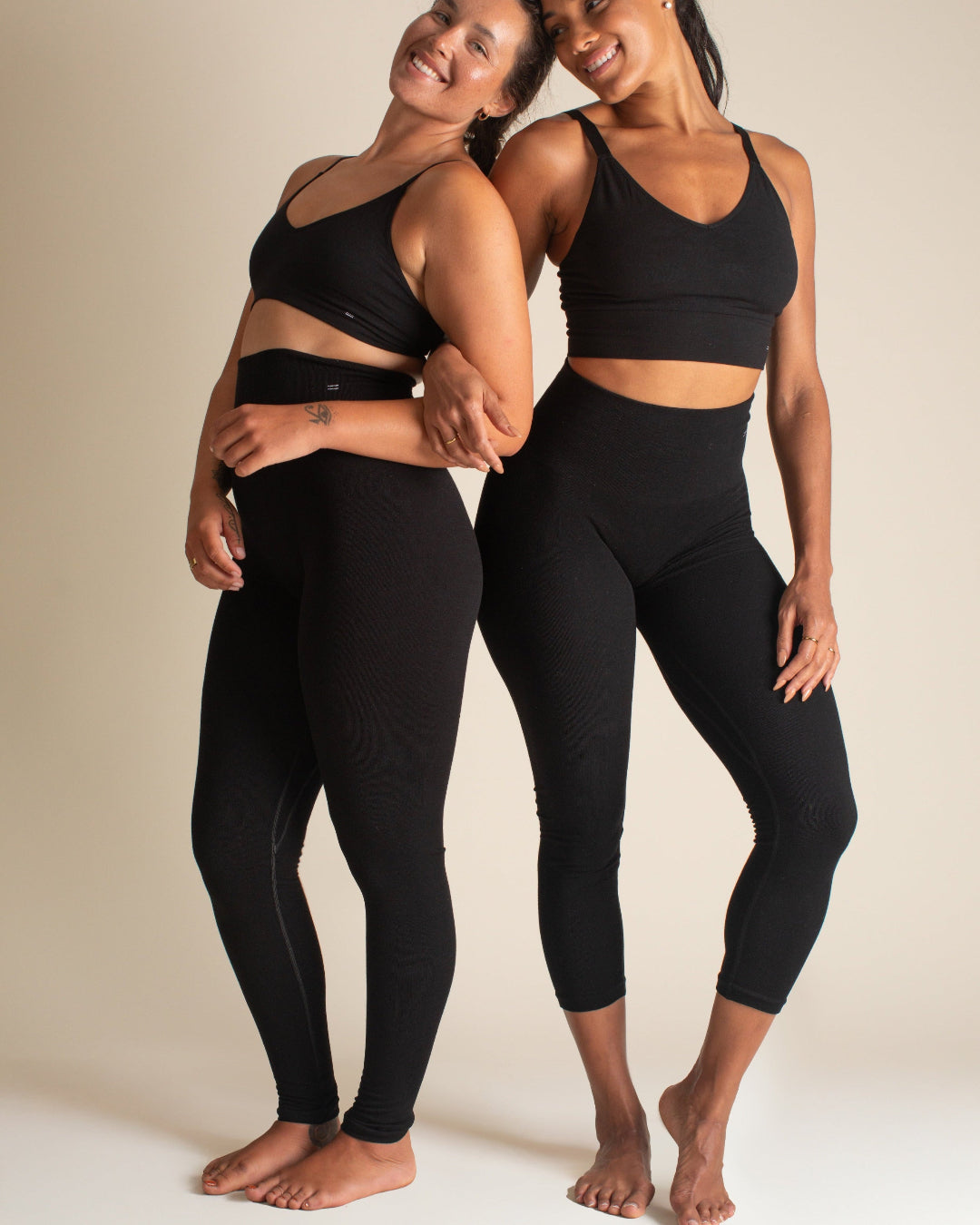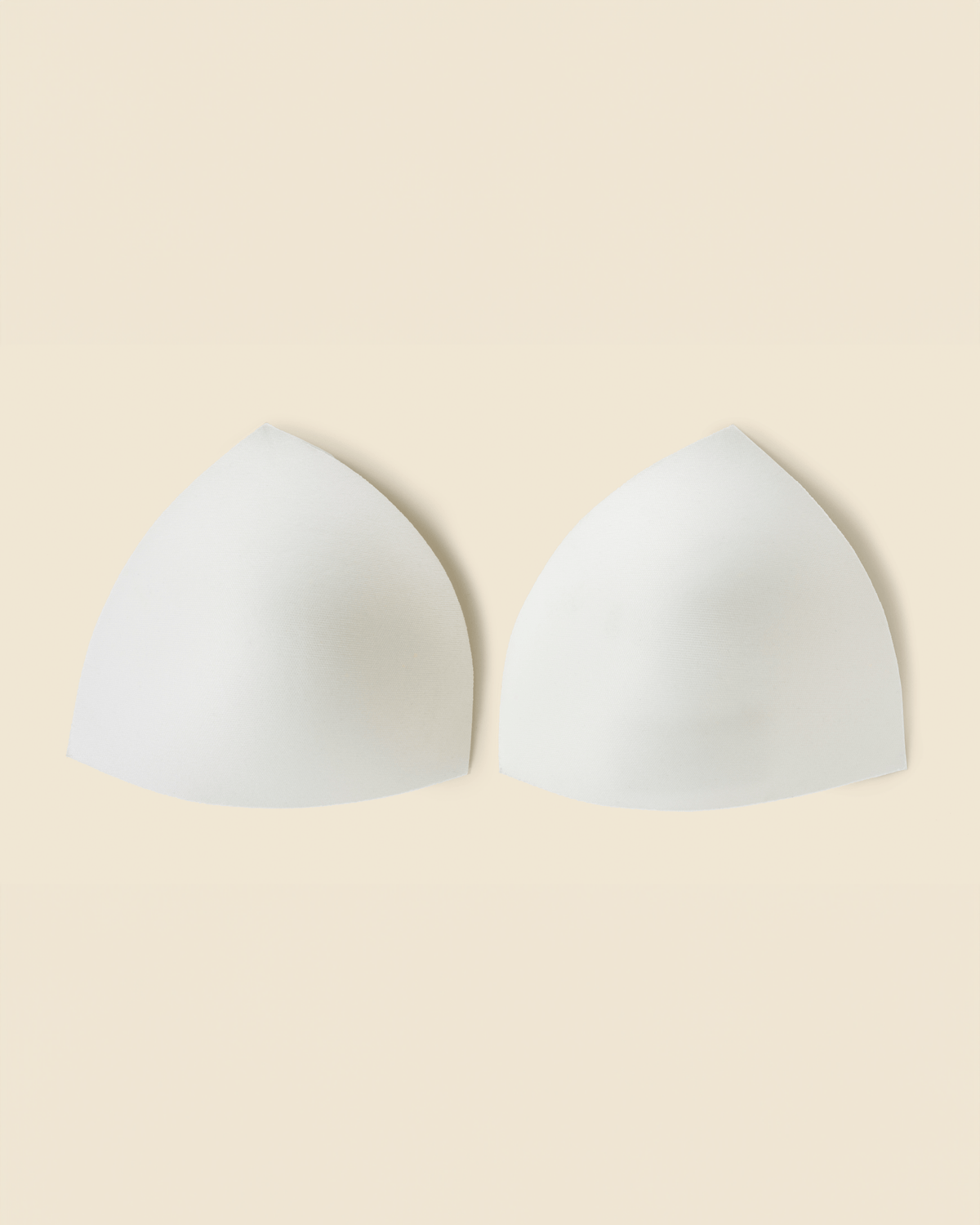We often think about running as a great way to exercise our bodies—but the effects might be even more powerful for our mental health.
Sasha Wolff, founder of the nonprofit Still I Run, didn’t start to run to build muscle or lose weight. In 2011, she was hospitalized for depression and anxiety and spent a week at a mental health hospital. Alongside medication management and therapy, part of her treatment plan was to develop a healthy habit. According to her medical providers, that could be anything—knitting, running, reading, cooking—as long as it was a regular activity that could make her feel good.
Wolff decided to give running a shot, and was surprised by the benefits. “I started realizing that I mentally felt better when I got outside and moved even for a short period of time,” she says. While it took a few weeks for the endorphins and feel-good chemicals to kick in, the confidence boost was immediate. “That first run/walk gave me an incredible sense of accomplishment,” Wolff remembers. “I had just been in a mental health hospital and here I was putting on shoes and getting outside. I felt really proud of myself.” While she didn’t know it at the time, the spark of a big idea was born.
A few years later, Wolff looked around for a running group centered on mental health, but her search came up empty. She decided to post her story on Facebook, not expecting much to come from it, and was floored by the response. Wolff sensed that other mental health warrior-runners craved connection. That same year, she founded Still I Run, a nonprofit running community dedicated to promoting the benefits of running for mental health while working to defeat the stigma.
Today the virtual group is more than 20,000 strong with nine in-person chapters (seven more are in the works), as well as programming to support individuals on every step of their running and mental health journeys.
Check out five reasons to try running for your mental health–and how a group like Still I Run can make all the difference.
During Mental Health Awareness month, this May, BRANWYN is donating 1 percent of every purchase to the amazing Still I Run community.

Sasha Wolff at the finish line of the Detroit International Half Marathon
1. Running’s effects on depression and anxiety are backed by science.
If you are battling depression or anxiety, know that you are not alone. In the United States, at least 1 in 10 people share your struggle.
While not a replacement for therapy or medication, running can be a powerful part of your mental health toolkit—and the results are science-backed. Studies show that for mild depression or anxiety, exercise can be as powerful as drugs, and for moderate to more severe depression, it can be successfully used in conjunction with medicine to improve depressive symptoms. [1]
When you run or exercise, endorphins are released to help your body manage the feelings of physical pain. Afterward, endocannabinoids are released, a natural substance that creates a feeling of relaxation and calm. [2] Even better: running may help to support growth of the hippocampus, a region of the brain that helps to regulate mood that is often smaller in people who are depressed. [3]
2. It doesn’t matter how slow or fast you go.
Think you have to run a certain pace, cover a specific distance, or look a certain way to reap the benefits of running? Not true, assures Wolff. “At Still I Run, we like to say: ‘Forward is a pace,’” she explains. “We don’t care how fast you go as long as you are moving forward.” Some days that might mean getting out for a trail run through the woods, while others might mean you only get as far as tying your shoes and stepping outside your front door.
“If you’re having a rough day when you’re having trouble getting out of bed, at least going through the motions of getting all the gear on will make you feel a little more accomplished,” she says.

3. Running is a great way to build confidence.
No matter how much joy or pleasure you glean from a run, one fact is indisputable: Running is hard. “It’s not an easy sport,” says Wolff. “Not a lot of people run!” The benefit of doing something difficult is building self confidence. “The fact that I can do this hard thing and get out of bed every day even through what is sometimes debilitating depression and anxiety creates a feeling of pride,” she says.
The beauty of running also comes from its simplicity. It’s hard not to feel a sense of fulfillment after crossing a finish line. Wolff still remembers crossing her first marathon finish line. “I was on top of the world. I couldn’t believe it,” she says.
4. Running can help you find purpose.
Tapping into your purpose might sound abstract—or even a little woo-woo—but psychologists say developing big goals that create a sense of purpose can have a positive effect on mental health throughout our lifetime. [4]
Running can lay the groundwork to help you set big objectives and follow through. Wolff saw this come to life in 2022 when Still I Run created a charity team for the New York Marathon. More than 100 individuals applied to join the five-person team, and each had a powerful “why.’ “One person was running for their sibling who had died by suicide,” says Wolff. “Another was running due to his own mental health struggles after his wife lost their first child during pregnancy.”
After months of training and connecting virtually with the team, the big day came to put the preparation to the test. Wolff spent 8-plus hours on the course cheering the team on. “It was really cool to get a front seat to human triumph,” she remembers. “I got to see that in real life.”

5. You may feel less alone.
Loneliness doesn’t just feel bad, it negatively impacts our physical and mental health. The feeling can increase our stress hormones, and trigger the body to increase our blood pressure and produce extra inflammatory cells. [5]
Running can decrease the feeling of loneliness—even when you go it alone. Exercise can create what’s known as a flow state that helps us to combat loneliness through a connection to ourselves. If you are able to run with a group like Still I Run, all the better.

6. You can discover an amazing community.
What’s the best way to motivate yourself to get started running and reap these benefits? Wolff’s number-one recommendation is to find a group that fits your needs. “An empathetic group of runners can support you through those peaks and valleys of starting up,” she says. You’ll feel more motivated, and maybe make some great friends along the way.
If you want to get started with Still I Run, you can join the organization’s private Facebook Group or sign up for the newsletter to learn more about meetups, special programming, and race announcements.
You can also donate to the group directly here—and know when you purchase any BRANWYN product, a portion of sales goes directly to this amazing organization.
________
[1] https://pubmed.ncbi.nlm.nih.gov/21495519/
[3]
[4] https://greatergood.berkeley.edu/article/item/how_to_find_your_purpose_in_life
[5] https://www.nytimes.com/2022/04/20/nyregion/loneliness-epidemic.html









